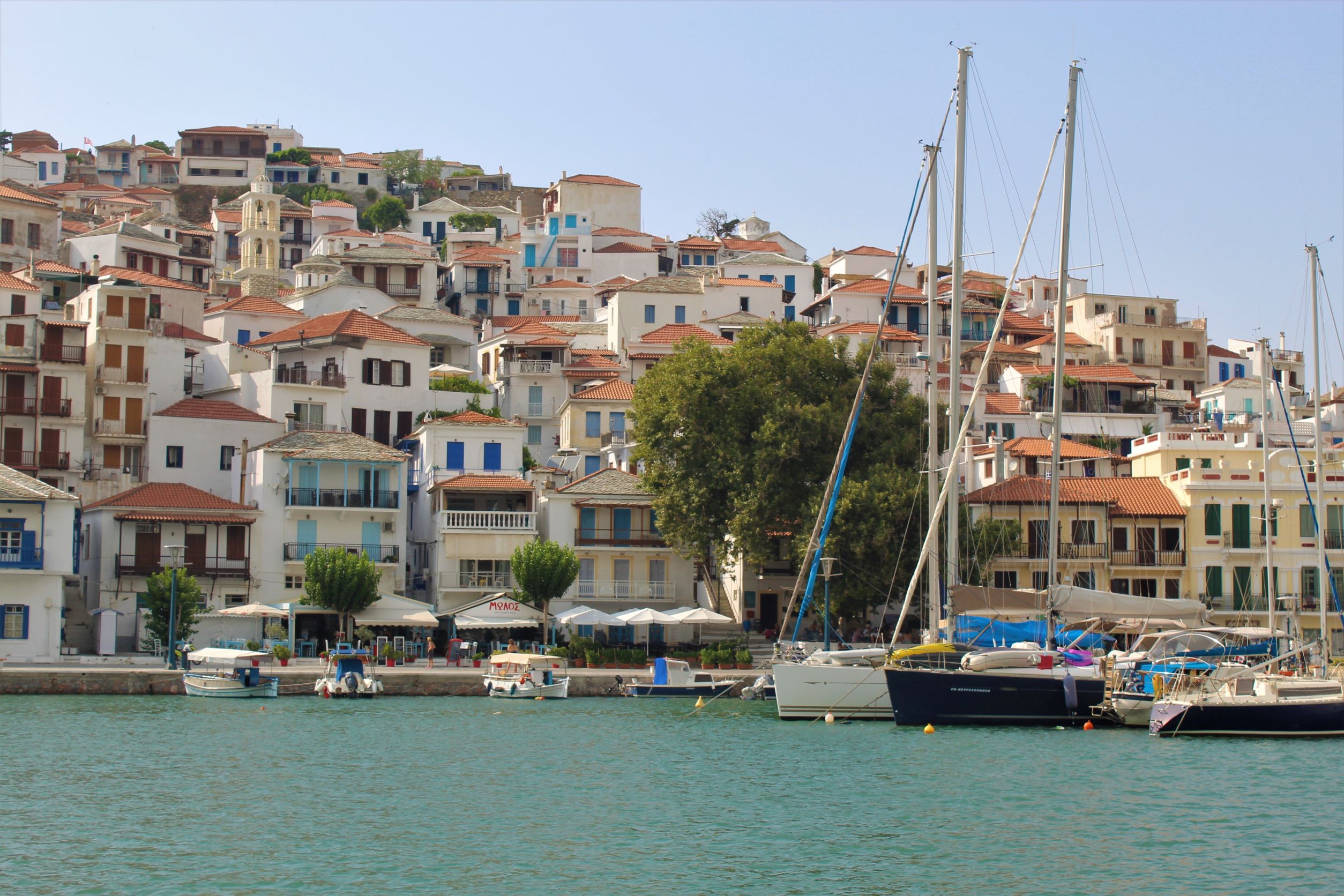
Skiathos to Mykonos
The Two Arhipelagos route
SUMMARY
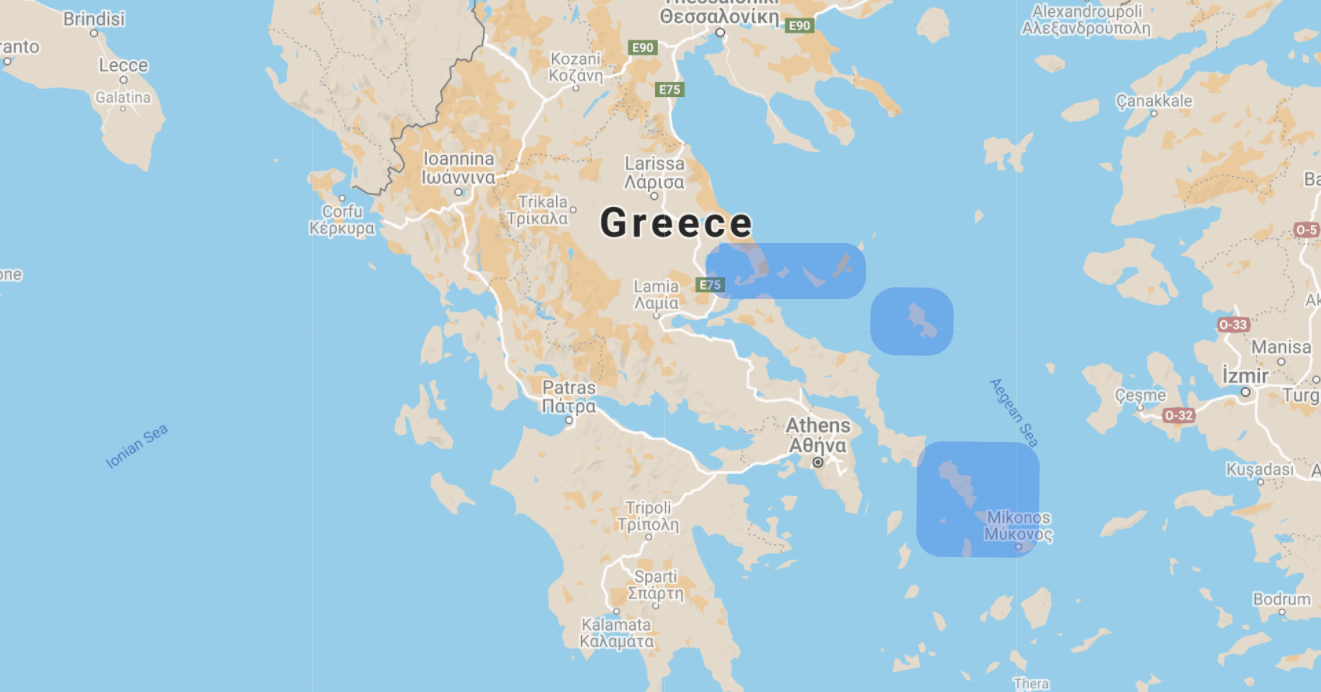 Sailing area
Sailing area
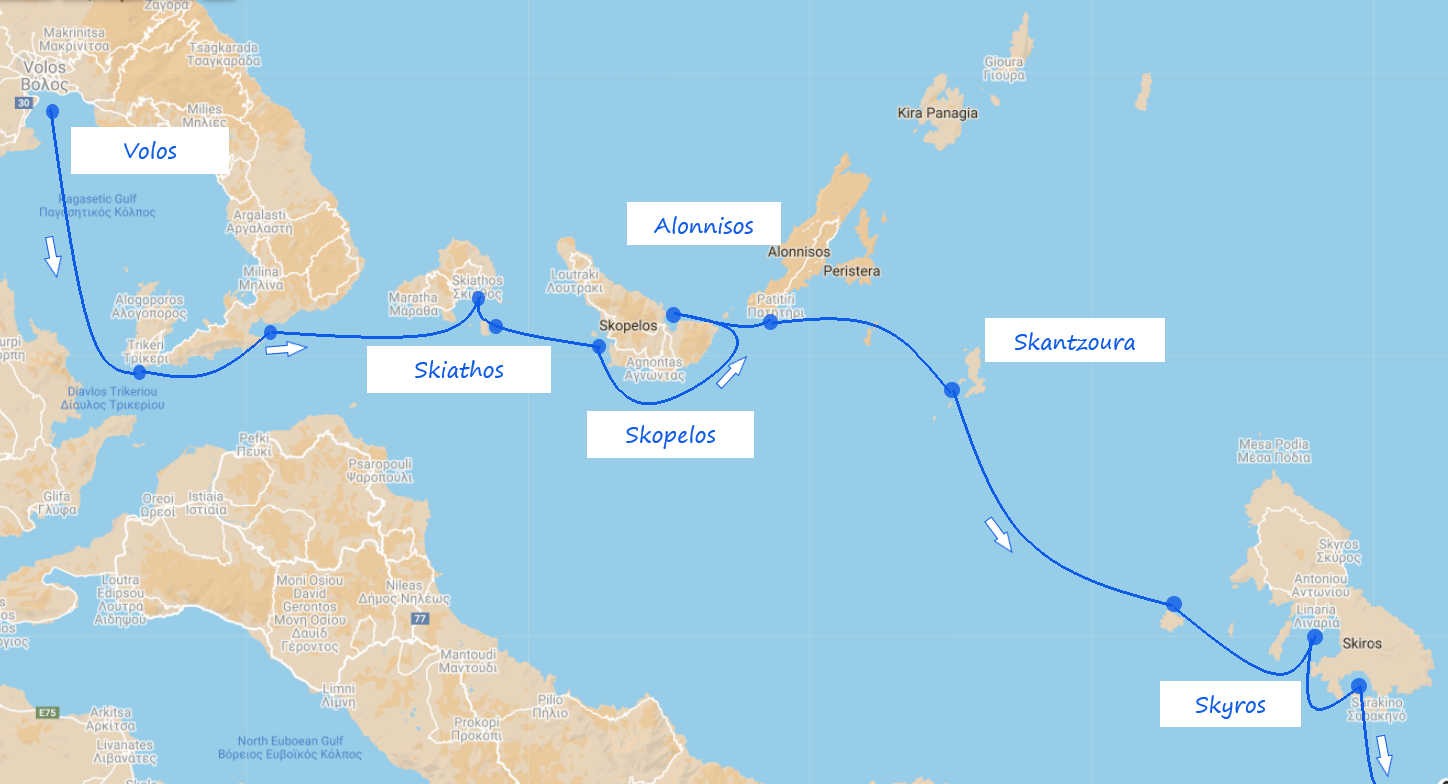 Sporades part of the journey
Sporades part of the journey
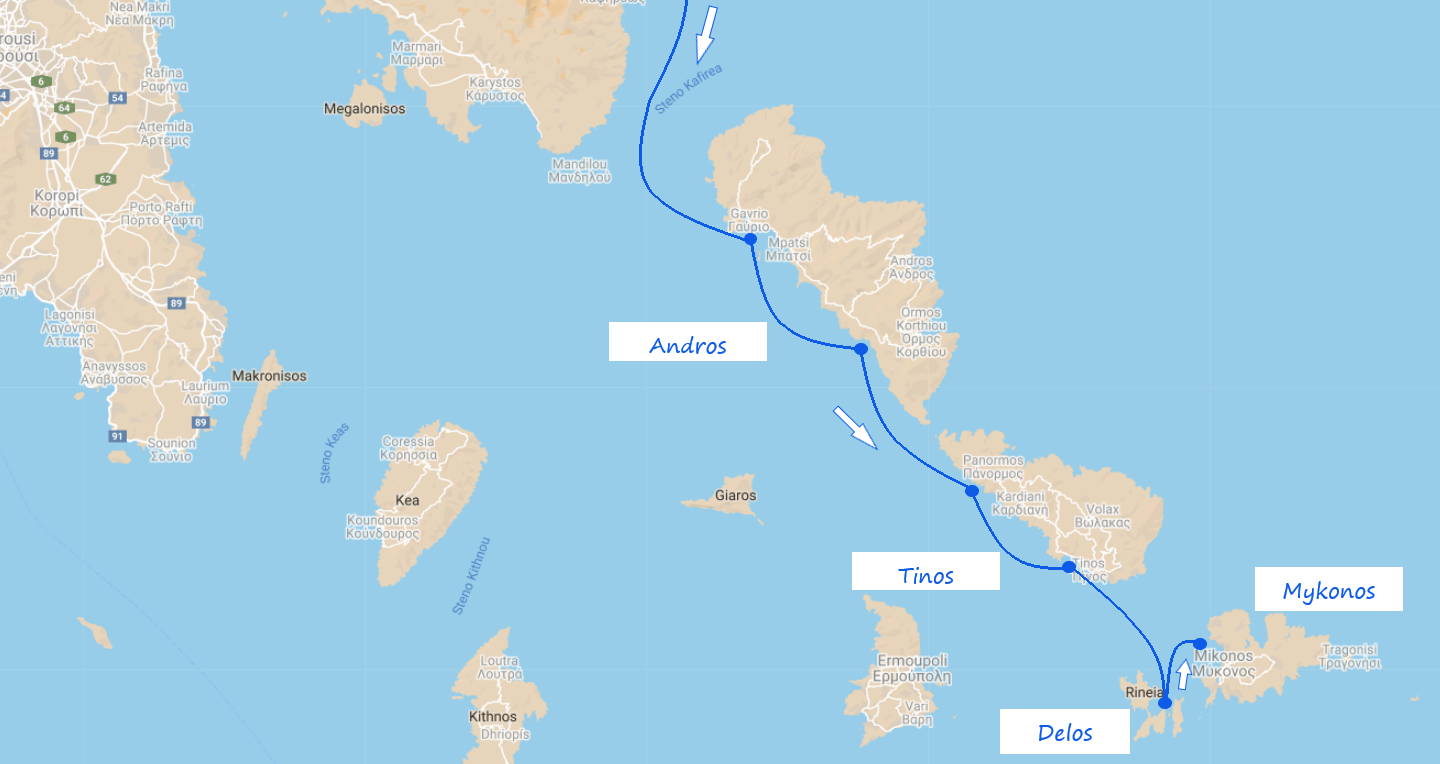 Cyclades part of the journey
Cyclades part of the journey
Highlights of the route:
- Panormos bay, Skopelos
- Alonnisos marine park
- Skyros gastronomy
- Archaeological site of Delos
- Various secluded places
- Mykonos windmills
THE DESTINATION

The "Skiathos (Volos)-Mykonos" route goes through two out of three Aegean sea archilepagos, the Sporades and the Cyclades. Both regions have their specific historical heritages, as well as geographic and cultural variations.
In each we will encouter both busy islands and isolated places, experience and enjoy local cuisines, culture and art galleries, swim and relax in wild anchorages...
Our journey will take us to some secluded spots, some of them being accessible only by boat. It could not be impossible that we are literally alone on some smaller islands, having it all for ourselves.
It is an ideal trip for someone willing to discover and even compare two beautiful, yet very distinctive areas and island groups of Greece.
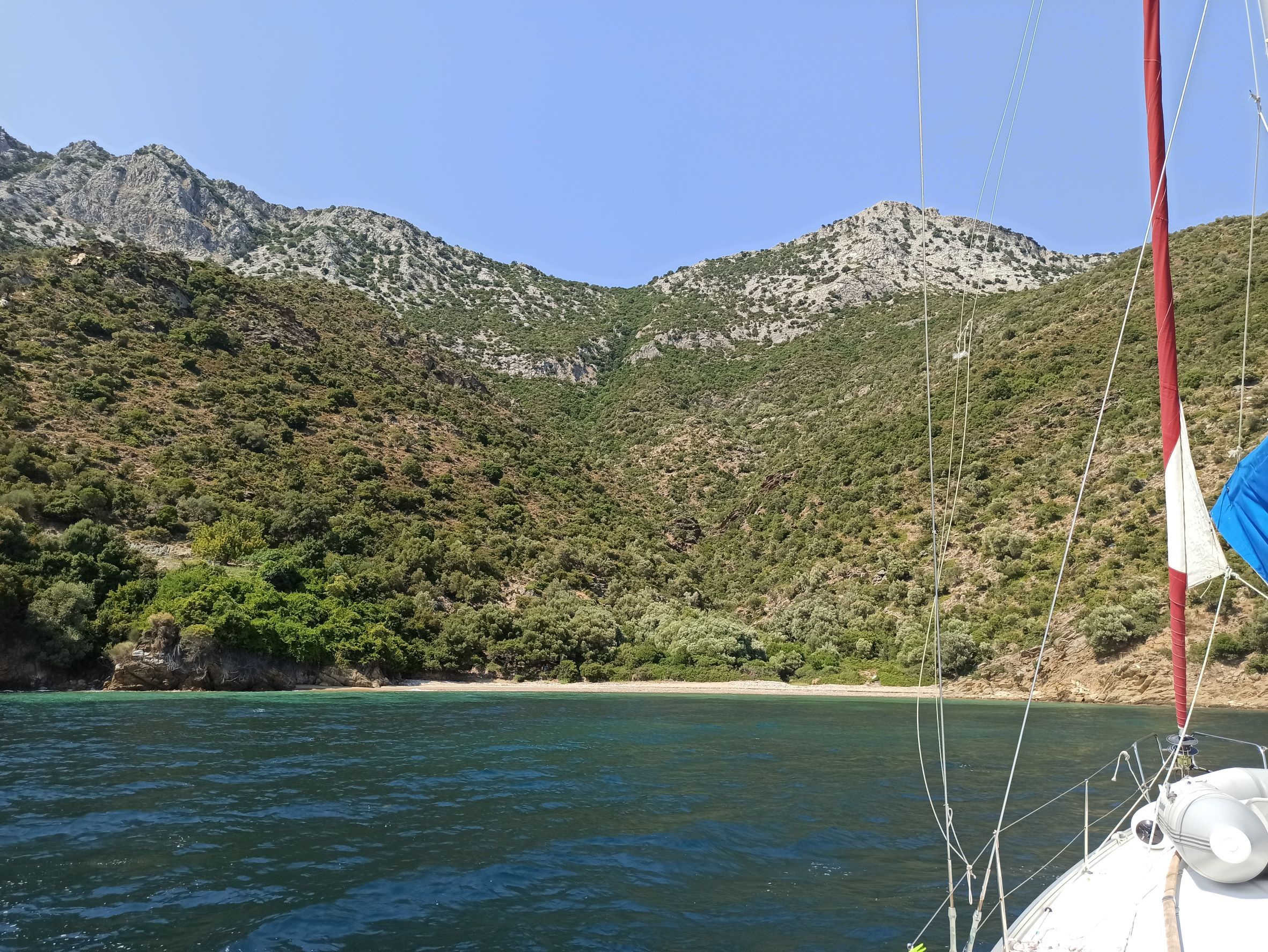 One of many secluded spots..
One of many secluded spots..
The Sporades archipelago
The Sporades archipelago consists of 4 majors islands and is, in its large portion, the protected National marine park (the archipelago is a unique habitat home to a variety of rare birds and Monk seals). There are also plenty of smaller islands and islets of which some are completely uninhabited while others are even not allowed to be approached (in order to have the endangered species fully protected).
The Sporades are rather harmonic, being very blue and green at the same, due to thick vegetation. Pine tree forests descend till the shore, providing useful shades during summer days and causing a spectacular colour reflection in the sea, mixed with an interesting combination of scents. The Sporadic islands are also famous for their laid-back atmosphere, sandy beaches, many relaxing walking paths, abundance of churches and monasteries, museums and art galleries.
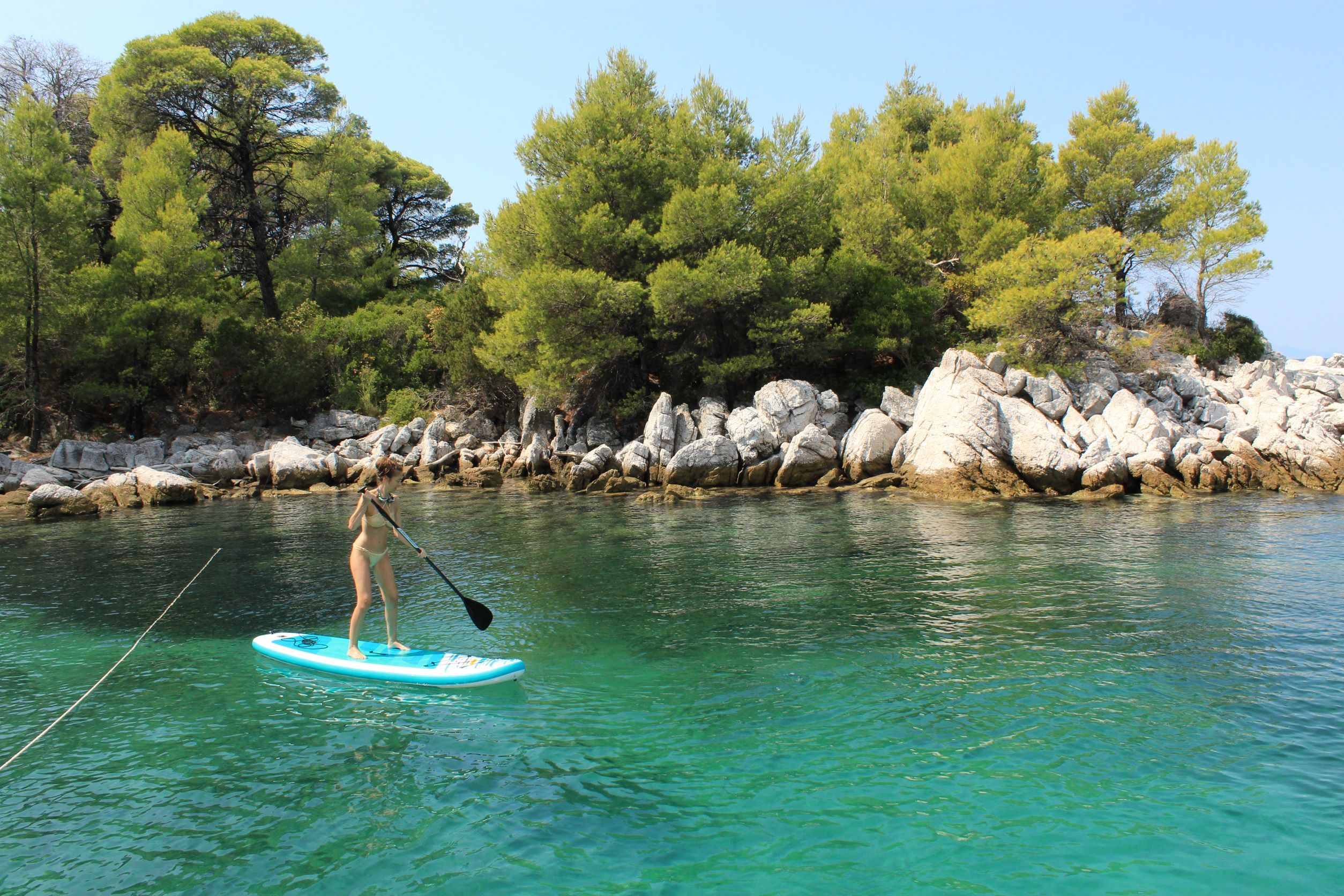 Forests reaching the sea
Forests reaching the sea
The Cyclades archipelago
The Cyclades are considered to be one of the most beautiful archipelagos in the Mediterranean and the most famous destination with some of the best known islands for summer tourists (Santorini, Mykonos, Paros, Milos, Ios...to name just a few). Due to its particular and typical scenery, blue and white architecture, shiny white rustic villages on rocky cliffs, surrounded by deep blue waters and clear blue skies, it is what the majority of people in the world relate Greece to ('the postcard of Greece').
Comparing to the Sporades, is a much richer area regarding the number of islands to be visited. In addition to picturesque white houses and churches with blue windows and doors, narrow streets and windmills, small colourful fishermen boats, ports and villages, amazing landscapes, the Cyclades also offer countless spectacular sea spots, accessible by boat only.
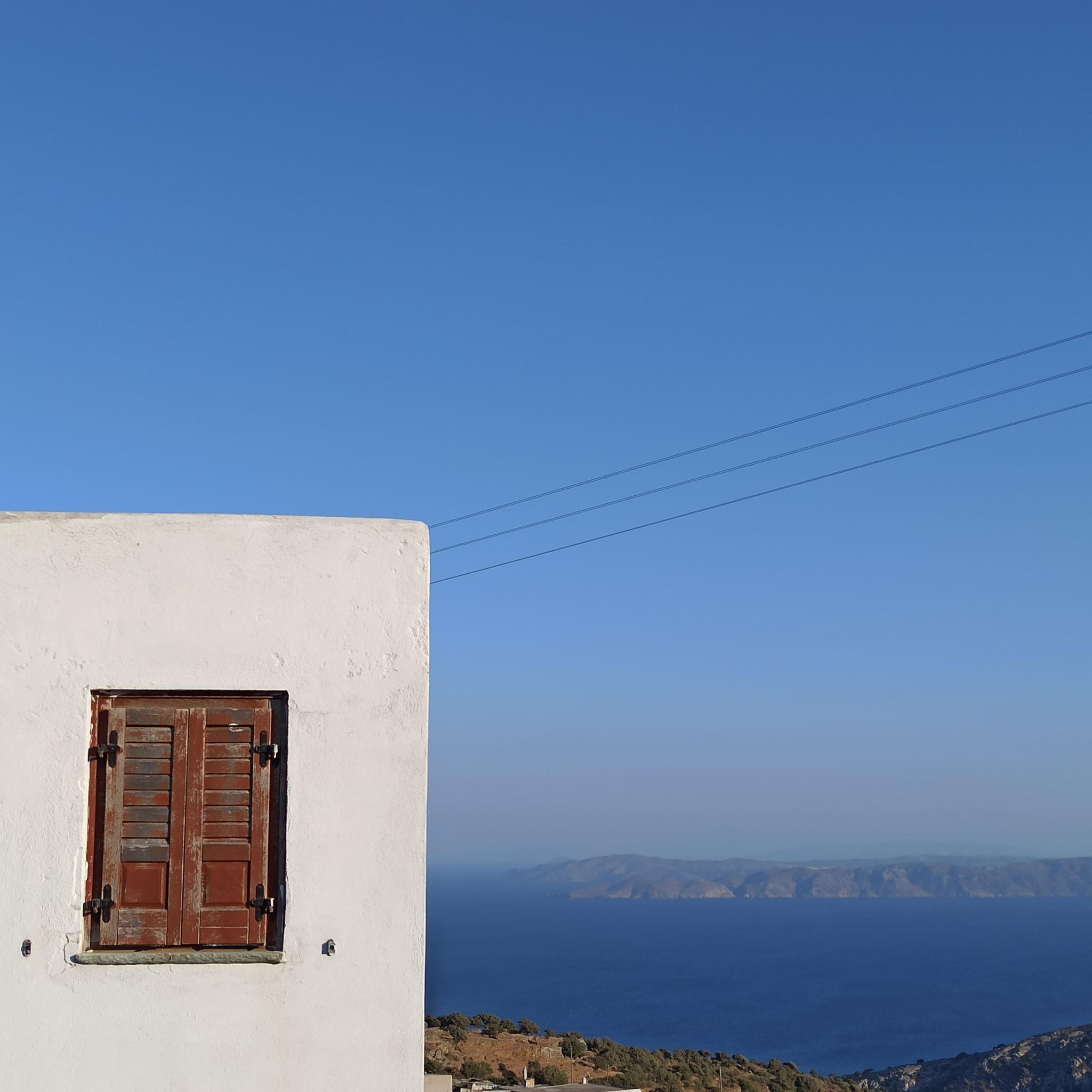 The blue-white Cyclades
The blue-white Cyclades
For those interested in history or geography, ancient ruins, myths and natural wonders are a particular delight.
Island hopping
This route will have the yacht leaving from the city of Volos (mainland) one day earlier and that it is possible, if you wish so, to board there. That would provide one extra day of sailing, free of charge. This is also an easy access opportunity for those that are already on mainland vacations in the region.
Here is an overview of major islands and towns/villages that we will visit on our route. Their details, suggestions for ports, towns/villages, anchorages, bays, places of interests, cultural events, gastronomic ideas etc, together with useful links will be made discoverable for you on their linked pages /Island pages and links available soon/.
Note that the overall route gives us an opportunity of a much bigger number of places to visit than is actually mentioned in the following description. Besides the major islands, there there is a number of planned stops on smaller ones, some of which are scarsly populated or completely deserted.
In the first part of the trip, in the Sporades, we will visit Skiathos, Skopelos and Skyros.
Skiathos is the most popular island in the region, easily accesible by plane or quick ferry connections, popular for its numerous and wonderful beaches (Lalaria, Koukounaries, Tsougrias...), vibrant nightlife, and eventually inevitably famous for the film “Mamma Mia” (some movie scenes were shoot there, while others on Skopelos).
Skopelos is generally more quiet, with less crowded towns and beaches, recognizable for its rich and diverse flora (rare and precious endemics), eye-catching changing landscapes, mountains with rich virgin pinewood forests, big number of monasteries... The town of Skopelos, main port of the island, is a picturesque place, with lovely whitewashed houses, colorful balconies, hilly narrow streets and alleys, and some lovely night life in tiny bars and restaurants.
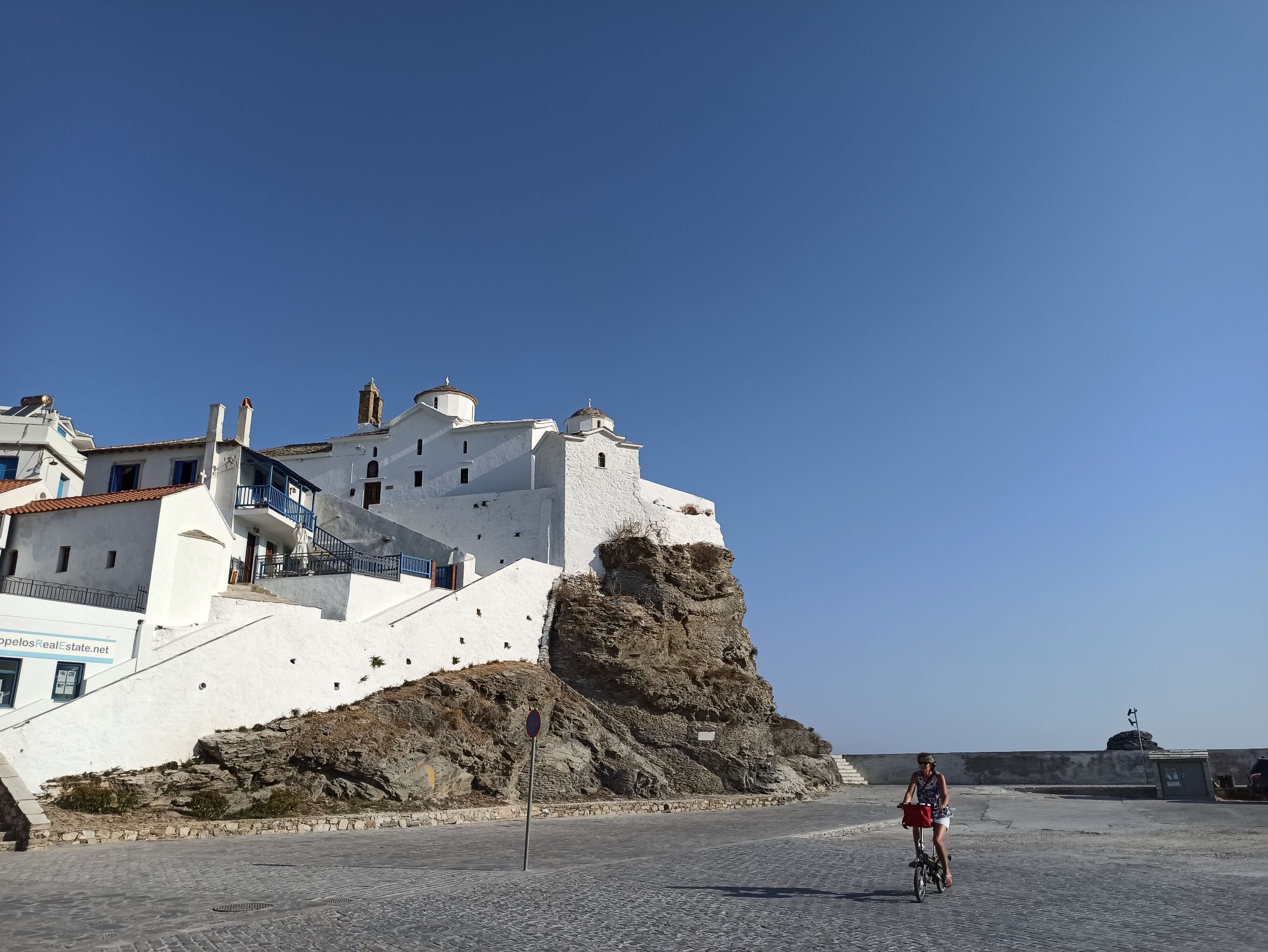 Skopelos town church
Skopelos town church
We could also eventually have the option of marine park island Alonnisos in our sight... The refuge of the marine park protects and controls rare seabird species and especially the iconic Mediterranean Monk seals (until recently, the shelter center for the seals was there, but has moved to Athens now). Neighbouring islands to Alonnisos are either not allowed access, or demand particular strict conduct for visitors.
Around the mentioned major two, Skiathos and Skopelos, and on our way to Skyros, there is a number of islets that we can visit for shorter or longer stays, a swim, lunch stop or to anchor for a night under the sky. Tsougrias, with its beautiful and popular daily excursion beach, Peristera and its shipwreck and diving activities, or the deserted Skantzouora and Skyropoula with their numerous and lovely bays.
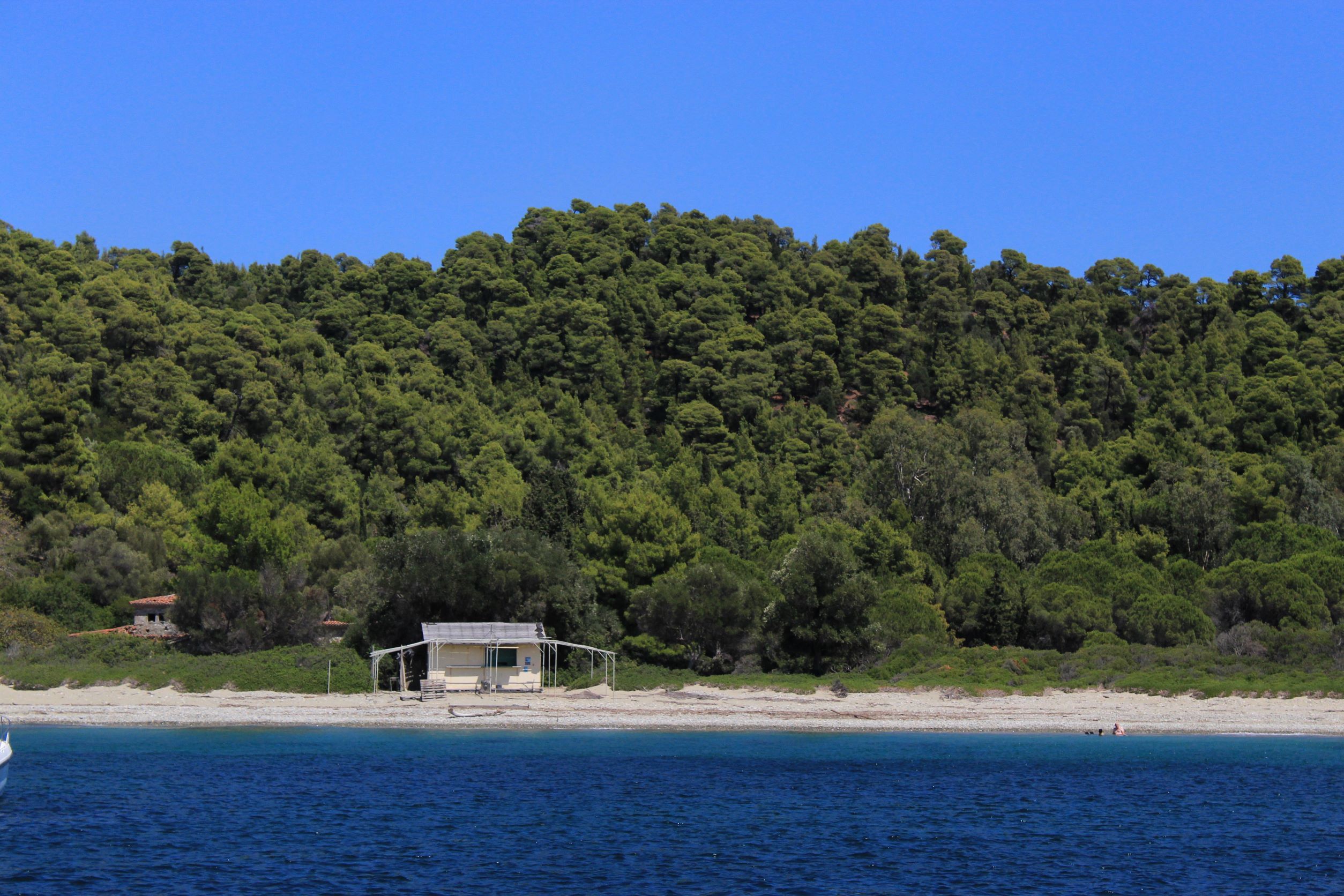 Skiathos, Tsougrias beach
Skiathos, Tsougrias beach
Several days after the start, we will get to Skyros, the last of the Sporades islands, a touristically unspoiled location due to its isolated position. A number of islets surronding Skyros, deserted and wild, are ready to be discovered and enjoyed. Skyros is a wonderful place for relaxing, but offers also many historical monuments and museums. It is also our first place where we face some specific island cuisine (more on that on the island direct page /Island pages and links available soon/).
After Skyros we will be facing the longest sailing leg of the route, some 55-65 nautical miles (sailing time will depend on the wind, but some 8-10 hours journey is expected), in order to reach Andros, and thus arrive to the archipelago of Cyclades. For this specific passage, we have two possible routes, aiming either for the east or west side of Andros (the more appropriate one, due to wind conditions and time of departure will be chosen).
Andros, our entrance to the world of the Cyclades, is one of the least crowded, most varied islands, and everything there still looks like it did a hundred years ago. Geographically, it is said to be 'a miniature of Greece', as one can find high mountains, rivers (very rare in the Cyclades), hot springs, plains...The island is basically a huge green oasis with dense and varied vegetation. From ancient times, these natural advantages were turned into cultivating vines, olives, fruits, vegetables, spices... Authentic tavernas are a delight here. The rich history provides the opportunity to prospect numerous archeological rests, ancient monasteries, old villages, and enjoy visible sights of outside influences everywhere. For its capital, Andros, it is said to represents one of the most elegant and refined villages of the Cyclades.
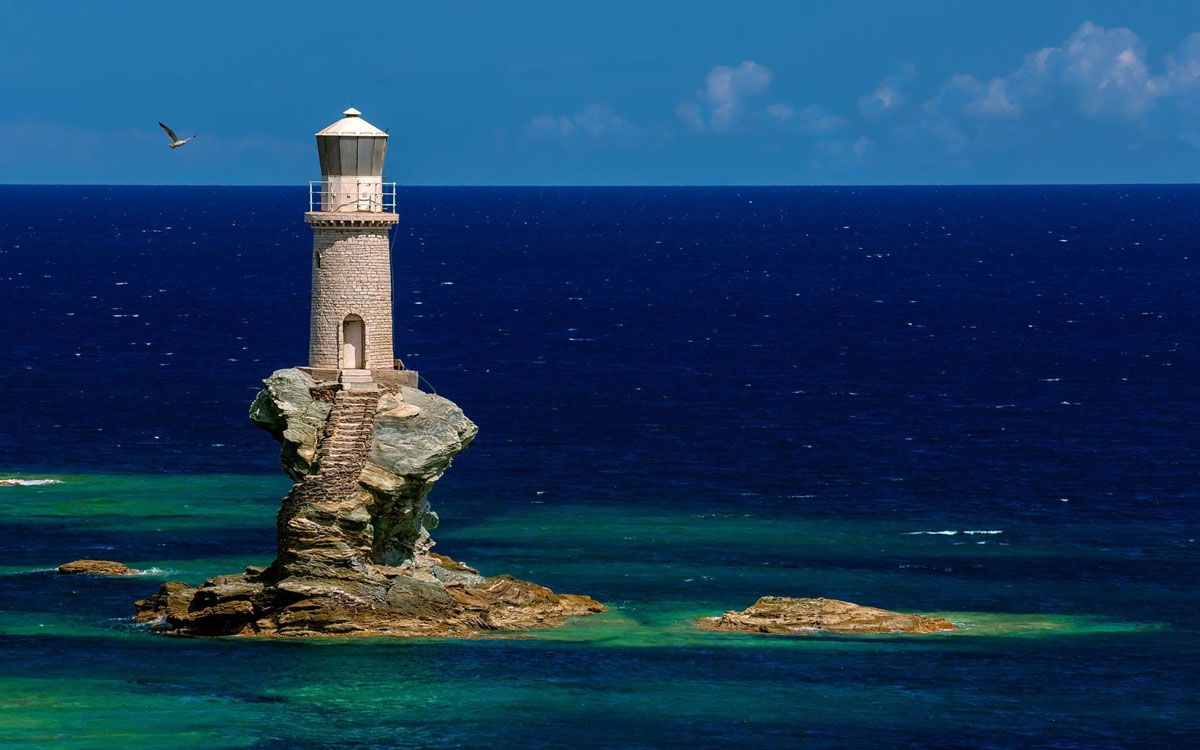 Andros iconic lighthouse
Andros iconic lighthouse
Tinos, the spiritual heart of Greece, where the Greek Orthodox and Roman Catholic populations and churches co-exist, is nowadays a major destination for pilgrims twice a year. It is a mountanious, green, full of fertile land island, with a coast mixed of gentle sandy beaches and wild rocky cliffs. Sightseeing wise, it offers numerous traditional villages based on minimal Cycladic architecture, stone-made houses and little squares, windmills all around (more than 80), hundreds of distinctively decorated dovecotes for pigeons (breeding pigeons as the island tradition remained from the times of the Venetians), and much more. Tinos is considered to generate a deeply calming and harmonic effect, probably due to its spiritual atmosphere.
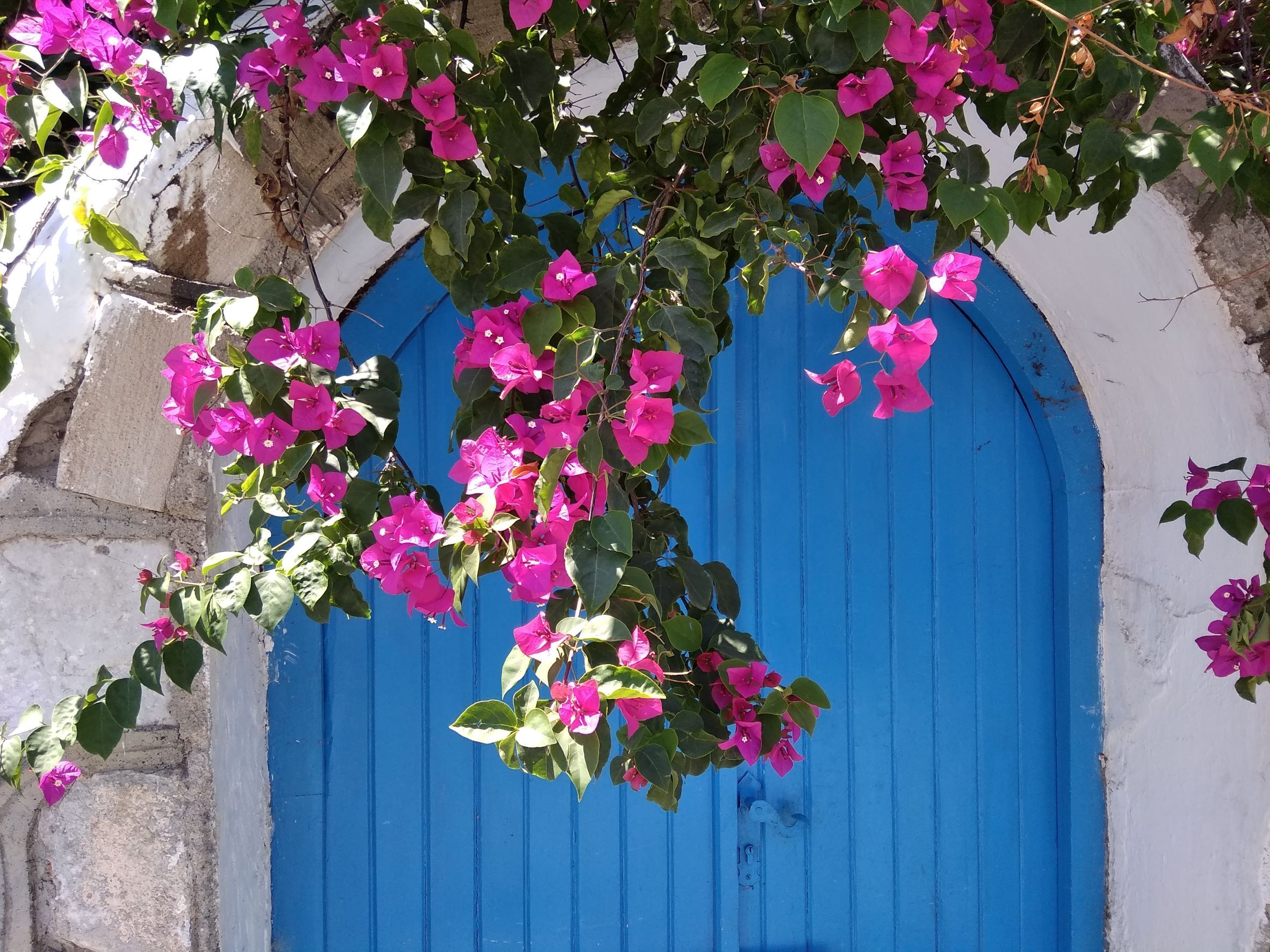 Tinos relaxing ambient
Tinos relaxing ambient
Delos is an important archeological site protected by UNESCO as it is considered a world heritage site of great importance. As it is a 'museum island', anchoring around to access it is heavily regulated, so we plan to stay on the nearby Rineia, enjoy swimming in beautiful turquoise waters and have a half day visit to the archaeological site, which include the ancient theater, various artefacts, mosaics, and statues, such as the Statues of the 'Lions of Delos'.
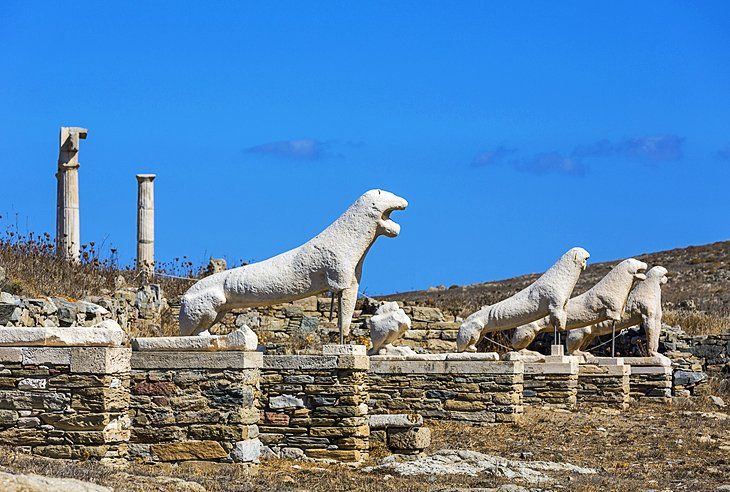 Terrace of Lions, Delos
Terrace of Lions, Delos
The iconic Mykonos, plentyful of picturesque scenery and exotic sandy beaches, is also reputated for intense and epic nightlife and parties. In addition to popular traditional tavernas, today's island glamour popularity also comes from its stylish gourmet restaurants and luxurious beach bars, as well as world class hotels, high-end designer fashion boutiques...
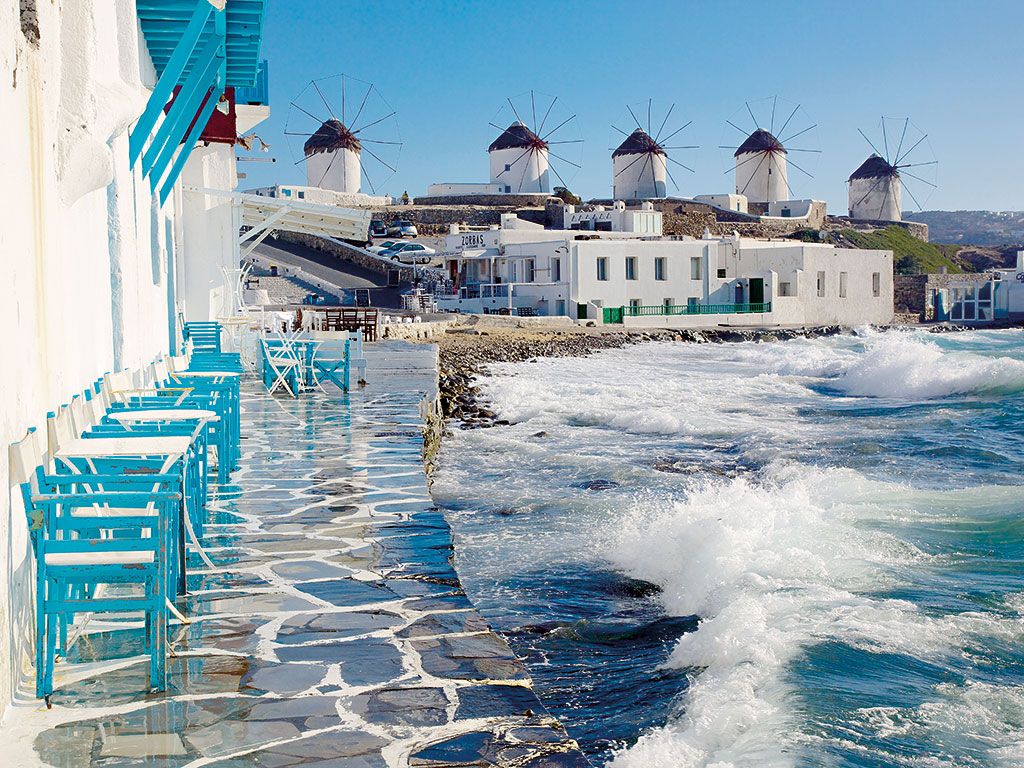 Mykonos waterfront
Mykonos waterfront
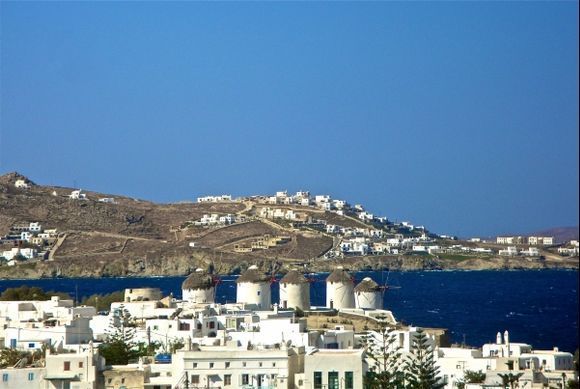 Windmills of Mykonos
Windmills of Mykonos
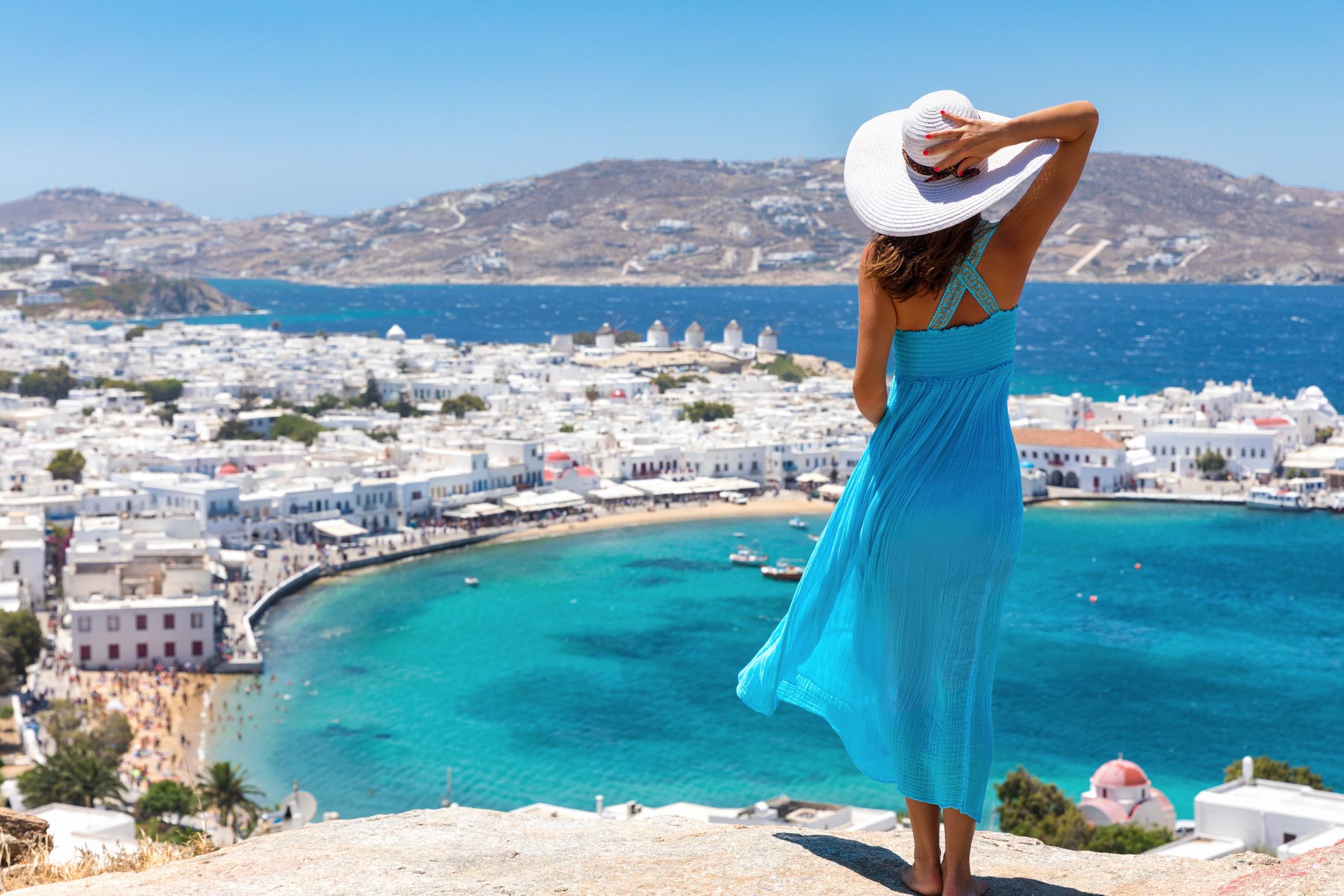 Mykonos town
Mykonos town
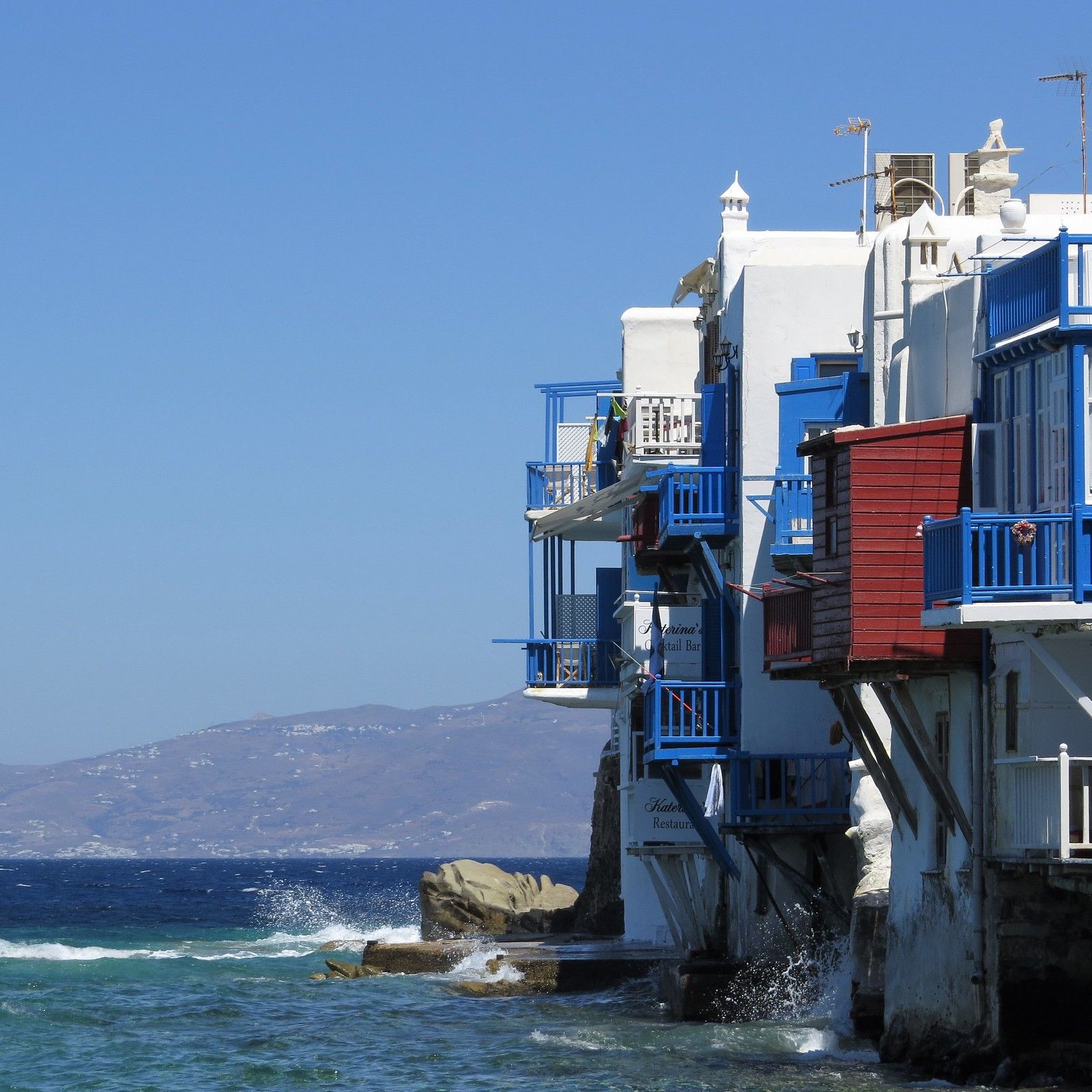 Mykonos town
Mykonos town
Private, uninhabited, or deserted islands
One of the most interesting part of any sailing route in Greece are islands where nobody is living. Some may require a special permission to be visited, or even to be approached, and usually demand a particular behaviour due to special regulations. The reasons for that is that those are either privately owned, part of national or marine parks, or under some other major state governance. We have several on our route, and namely Peristera, Kira Panagia, Skantzoura, Delos...
| From | To | Distance (nm) | Time (hrs) |
|---|---|---|---|
| Volos | Skiathos | 28 | 4-5 |
| Skiathos | Skopelos | 23 | 3-4 |
| Skopelos | Skantzoura | 18 | 3 |
| Skantzoura | Skyros | 29 | 5 |
| Skyros | Andros | 55-65 | 8-11 |
| Andros | Tinos | 30 | 5 |
| Tinos | Delos | 10 | 2 |
| Delos | Mykonos | 6 | 1 |
Note: Distances and sailing hours are to be taken as approximative
ACTIVITIES
...or what one can expect to do and see during this trip. The locations and the activities will make every day of the trip different from the previous but we could still, however, define a 'typical day' on a sailing holiday.
In the morning, after slowly waking up (usually 8-10 am), having a nice swim, coffee, breakfast, or one more quick town visit, we get the boat ready for leaving. Around 10-11 am we will set sails towards our next destination.
After a bit of sailing, around noon or very early afternoon we plan a swim stop. Usually it is in a nice, calm bay or in open waters, and that is also a good moment for having lunch or a quick byte.
After raising the anchor, we continue in the afternoon, for a bit more sailing and this is usually the most relaxed moment when everybody finds some typical holiday activities, like sunbathing on the deck, napping, reading... Our planned location is most often reached around 4-6 pm.
Once the yacht is properly docked, the late afternoon and evening are left for some refreshments, walks, town or island exploration, local beach swimming, and finally dinner.
The night period is left to any kind of action or fun you like.
As a picture is worth a thousand words, in the remaining section on this page, you can see few photos, from past year sailing holidays, that will present you some of those daily activities.
Discovering Greece
Picturesque towns and villages
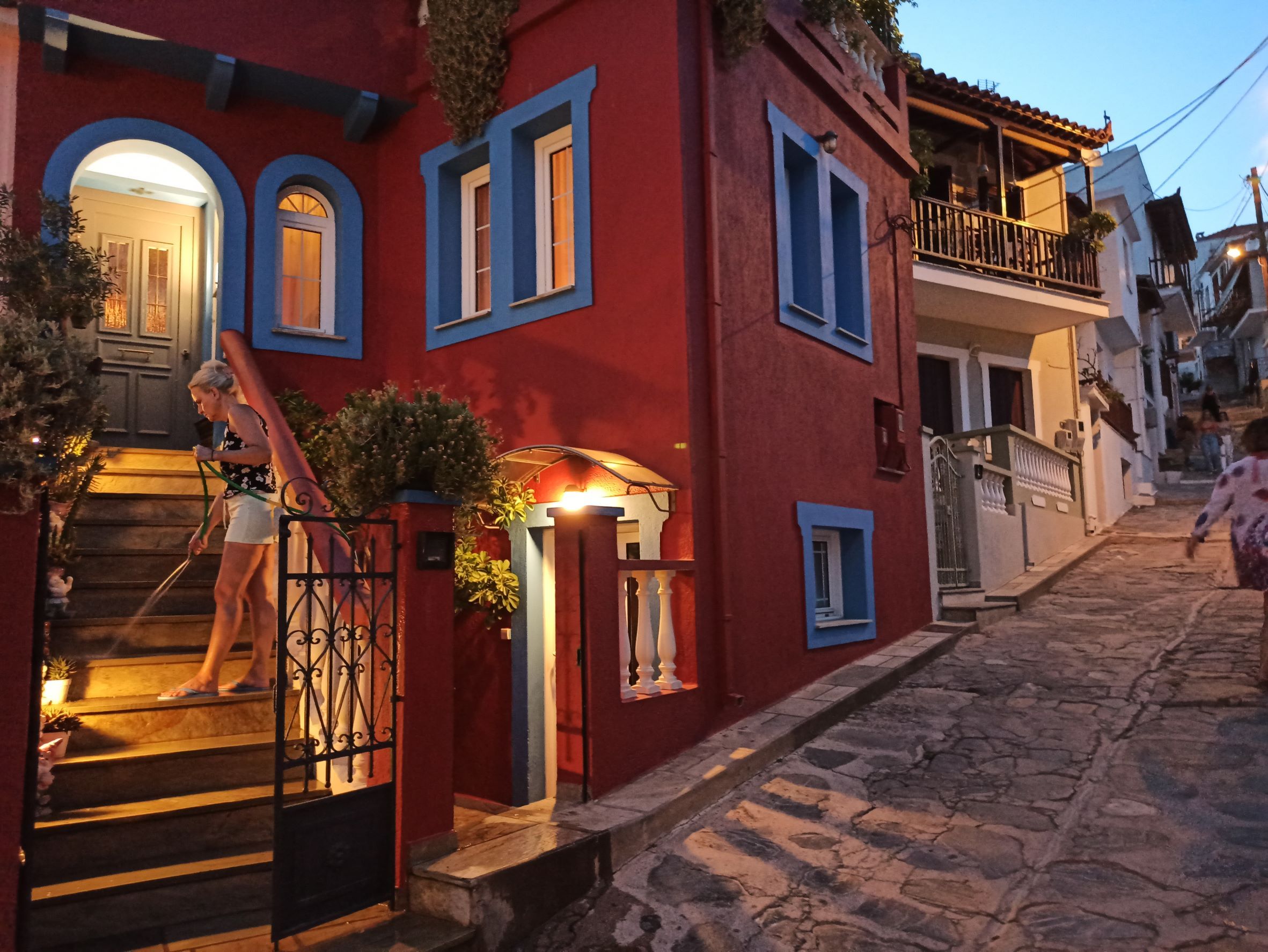 Skopelos in colours
Skopelos in colours
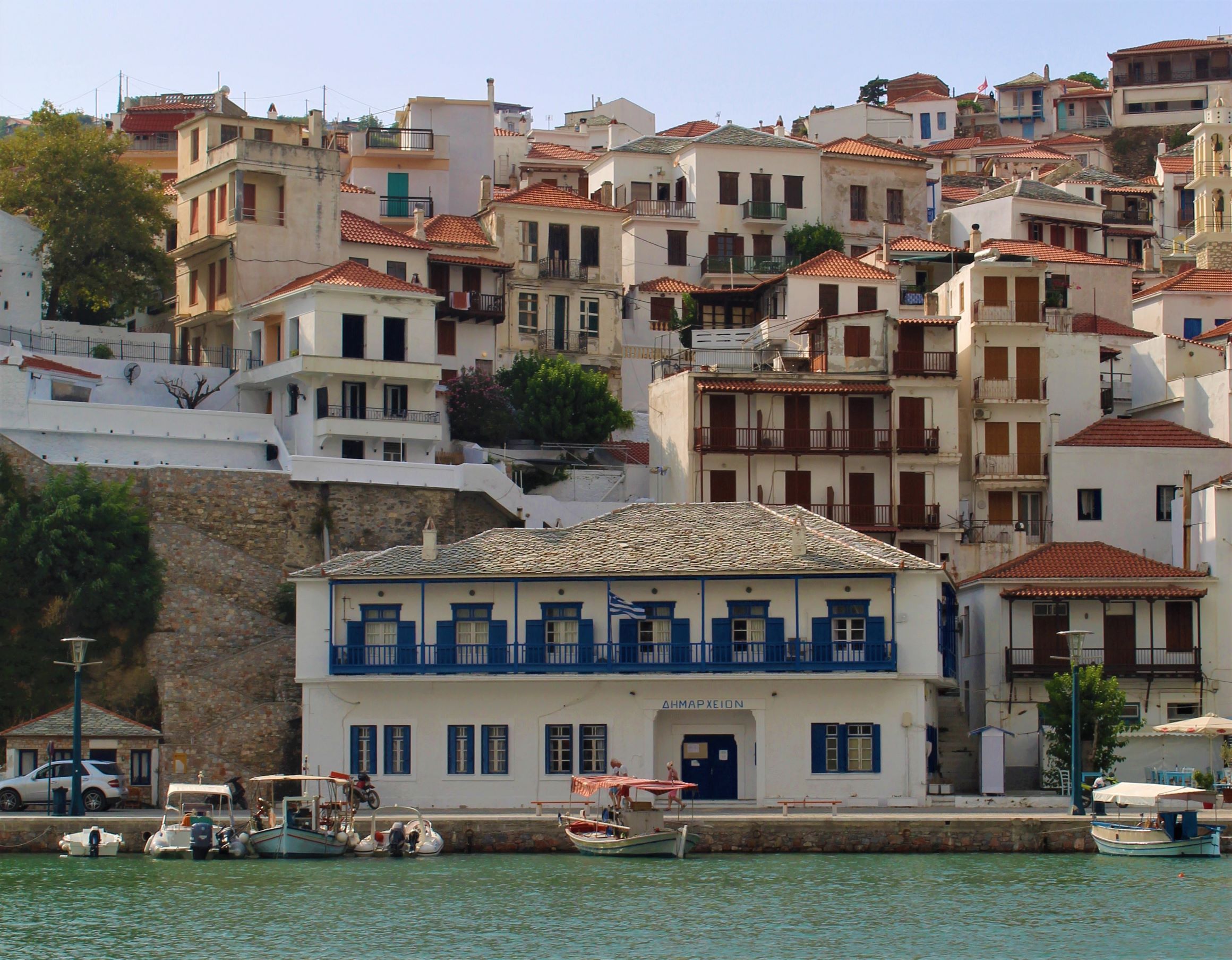 Skopelos town
Skopelos town
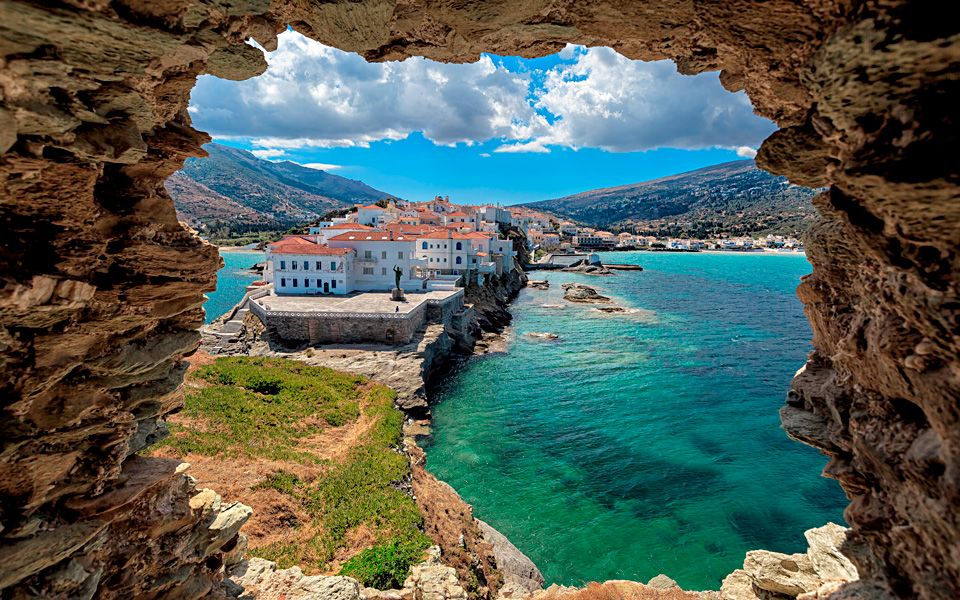 Andros
Andros
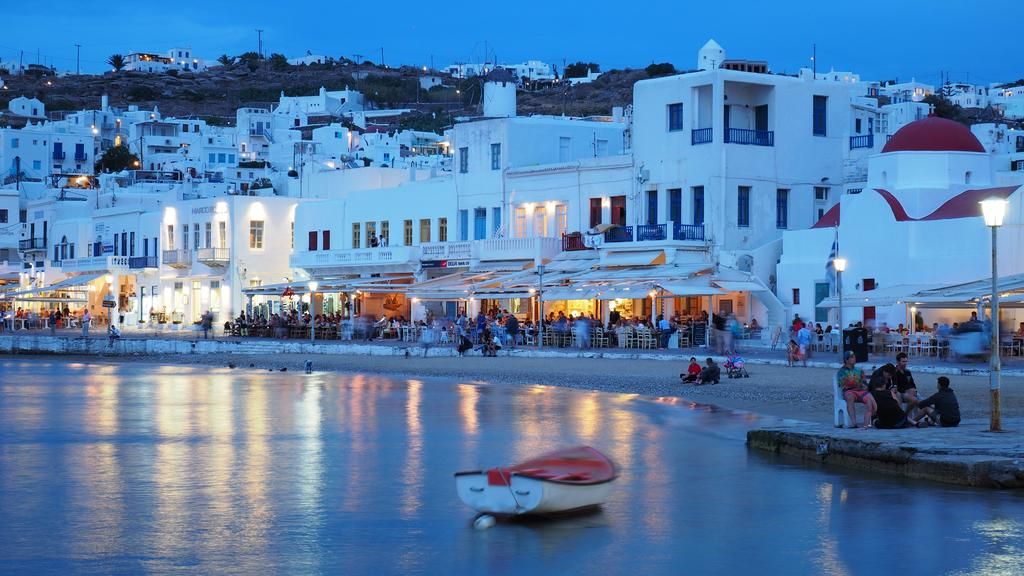 Mykonos
Mykonos
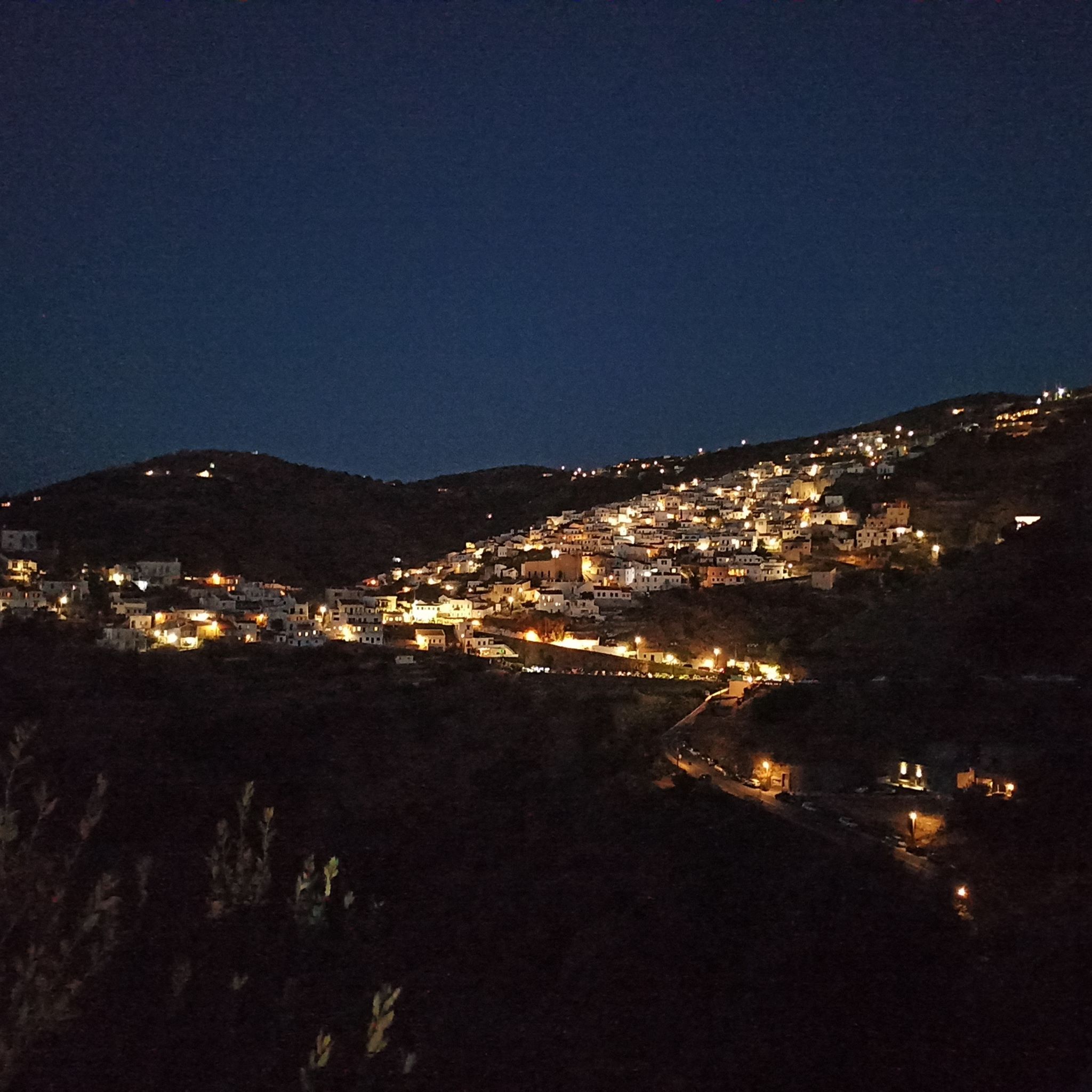 Cyclades hill Chora by night
Cyclades hill Chora by night
Historical, religious or cultural sites
For crew interested a bit more in history, tradition, religion or festivals and events, as this area of Greece has been a big interesection from ancient times (Greeks, Byzantines, Venetians...) until nowadays, there is a lot to discover. You will soon find more on the linked island pages, the Tinos and Delos one for example... /Links available soon/
Local dishes and spirits
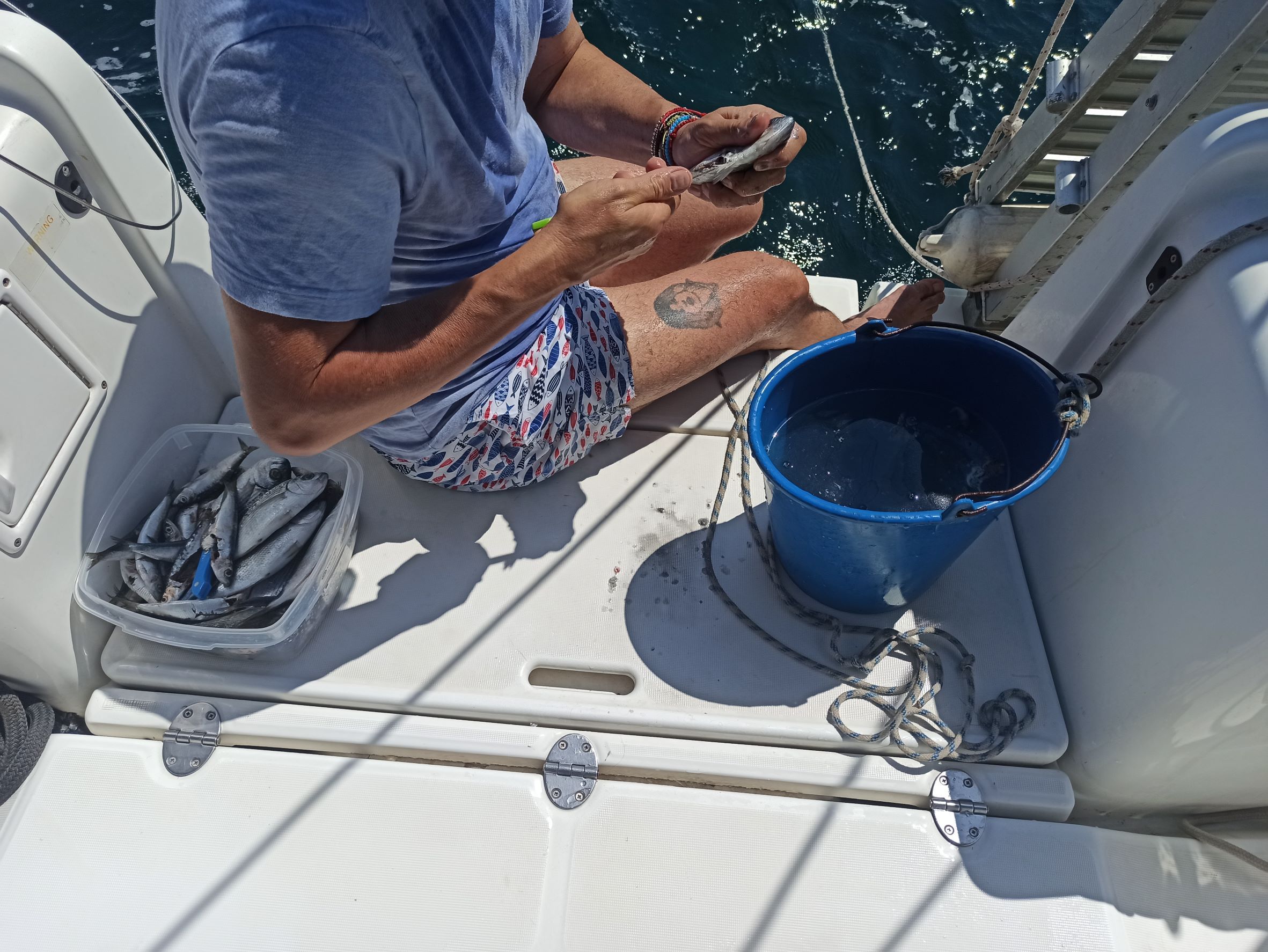 There is special pleasure in cleaning/preparing fish on board ...
There is special pleasure in cleaning/preparing fish on board ...
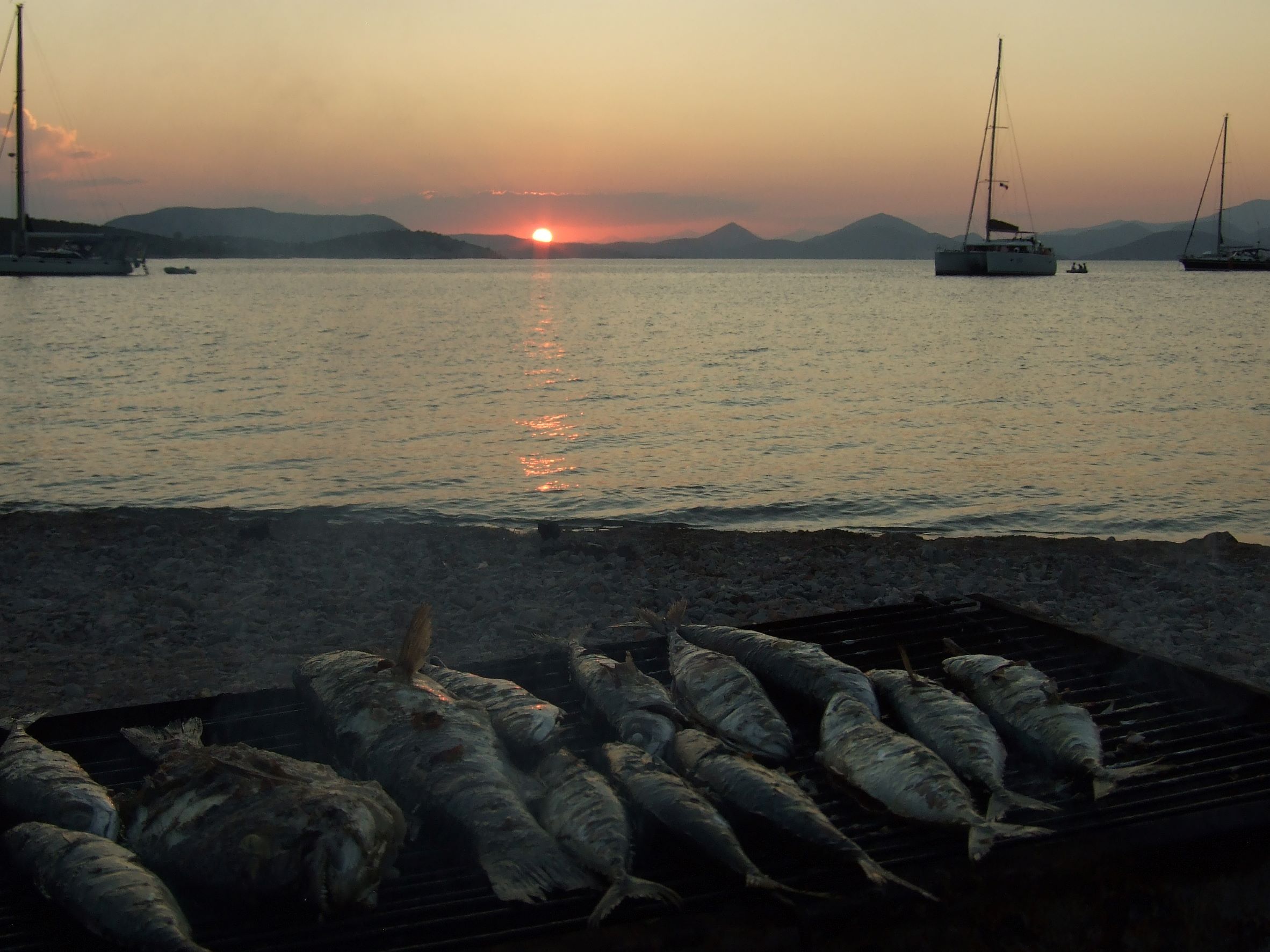 ...while local fruits, vegetables, spices can be found in towns
...while local fruits, vegetables, spices can be found in towns
Sailing
Participating or getting introduced to the basics of sailing, navigation, meteorology...
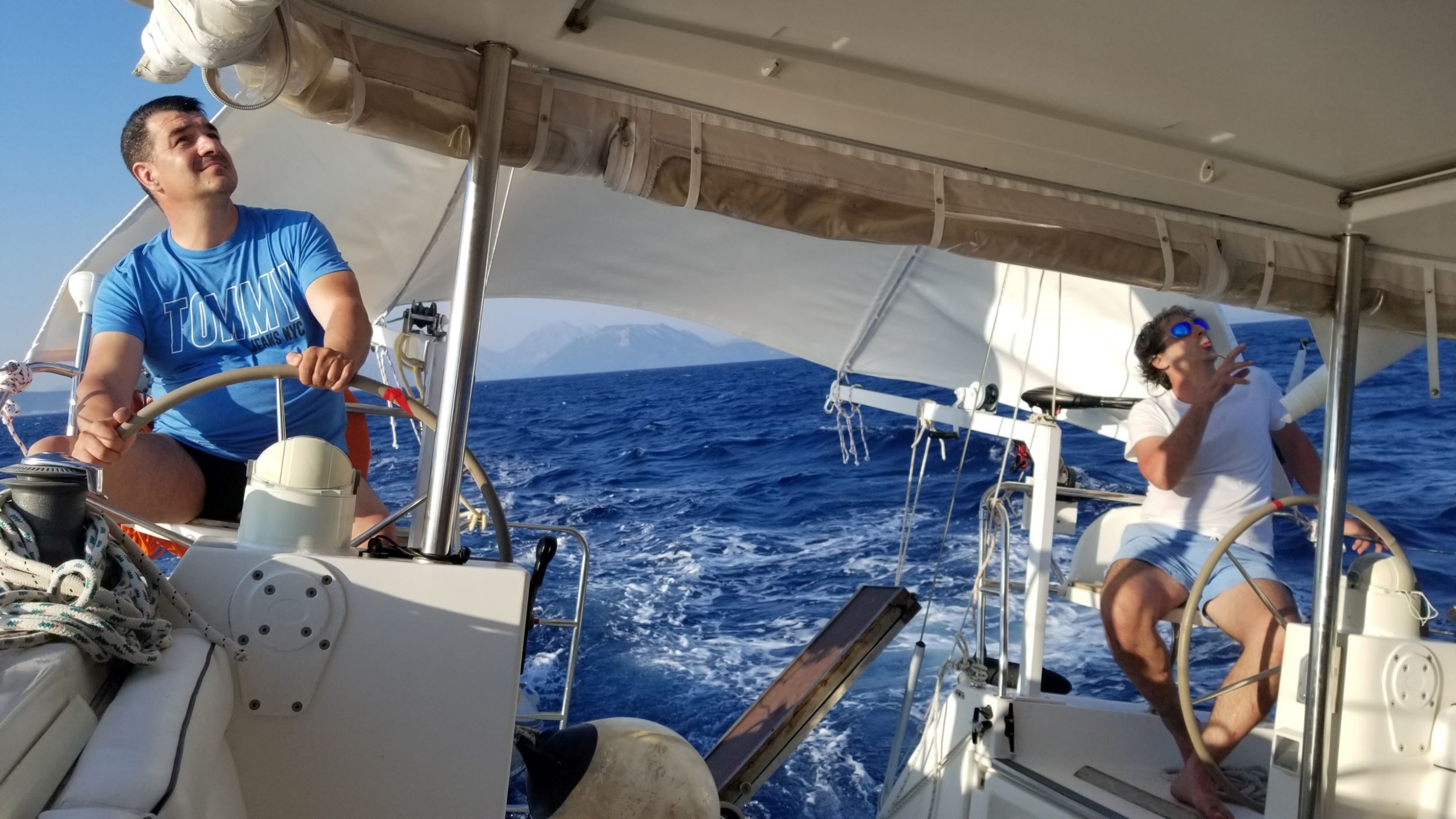 While some choose to get introduced to sailing...
While some choose to get introduced to sailing...
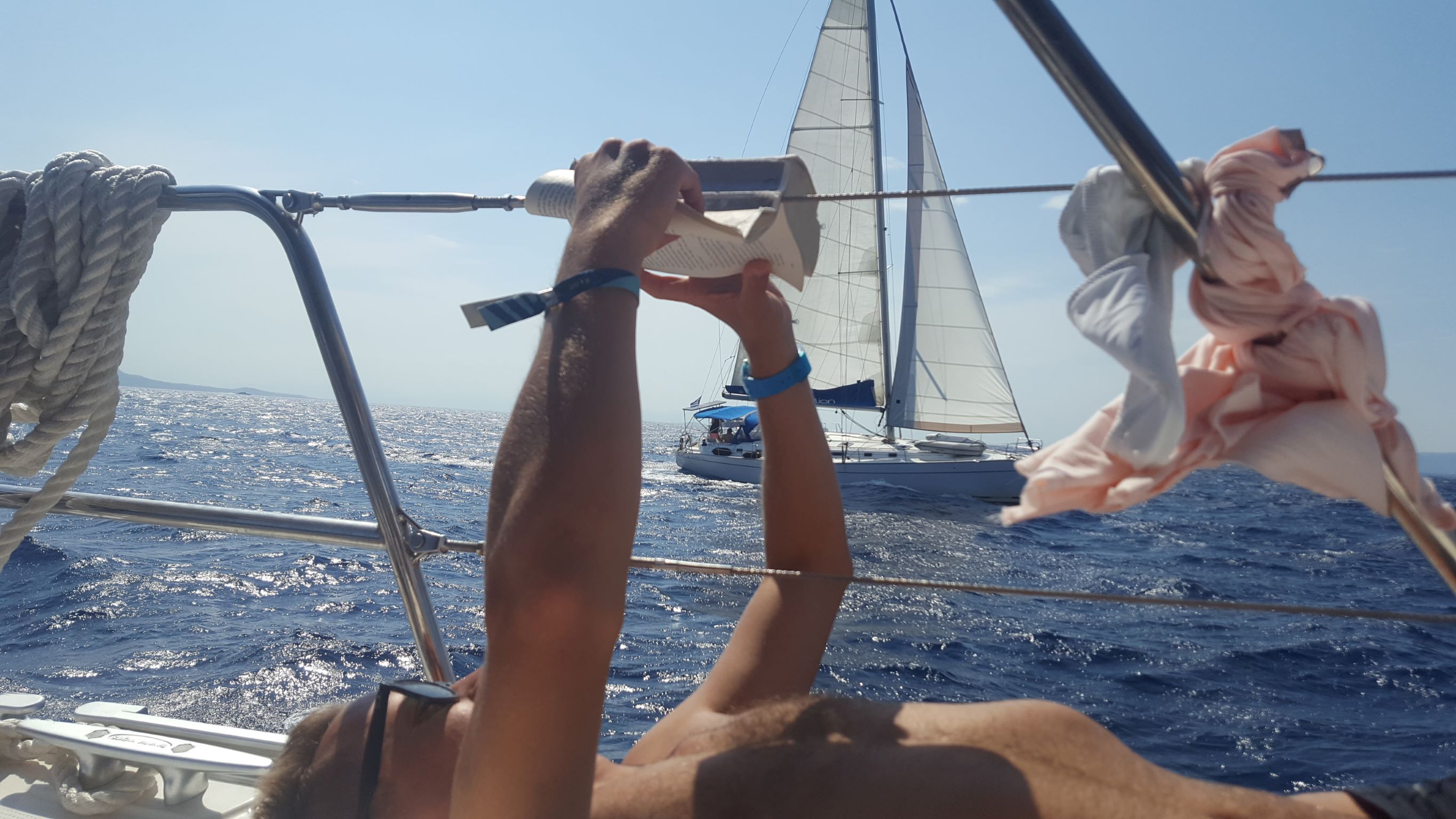 ...others might prefer a more peaceful afternoon...
...others might prefer a more peaceful afternoon...
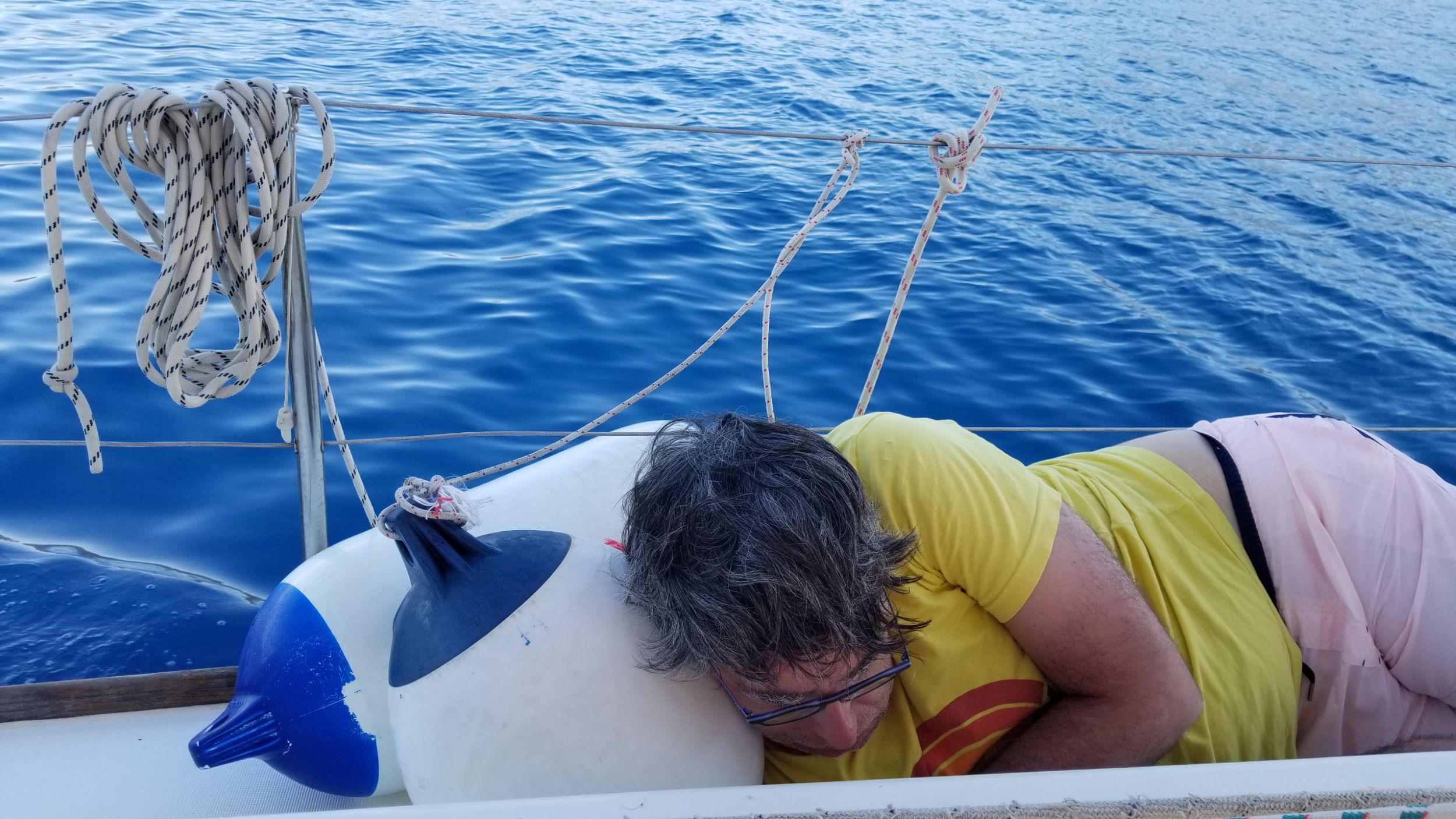 ...or a completely relaxed deep thinking moment
...or a completely relaxed deep thinking moment
Interesting spots
There are numerous interesting things to see, spots to explore or activities to enjoy on the route. My personal one are beautiful anchorages, both for a daily swim stop or for a night under the stars, and traditional villages.
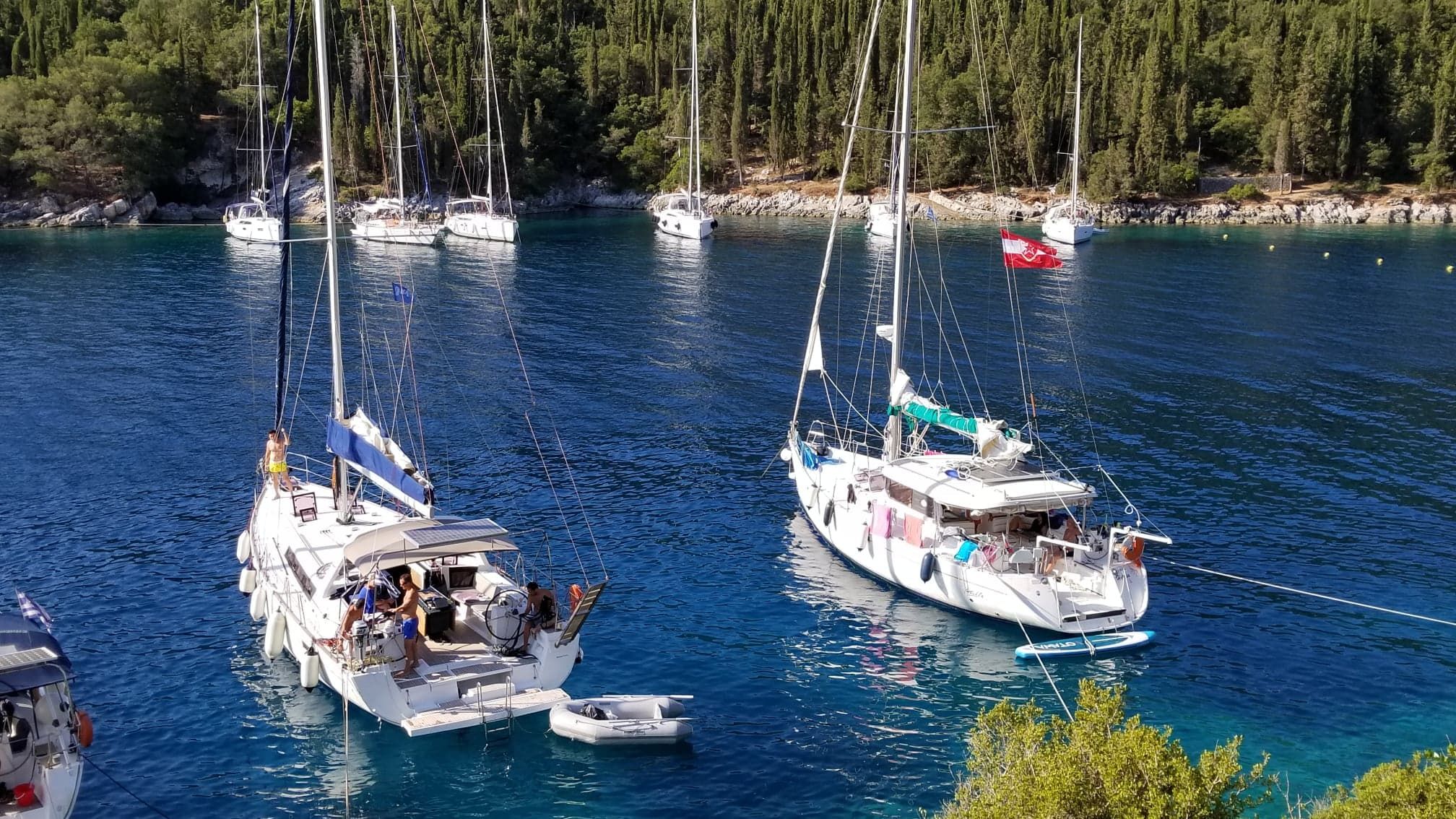 Stay at a beautiful anchorage for resting...
Stay at a beautiful anchorage for resting...
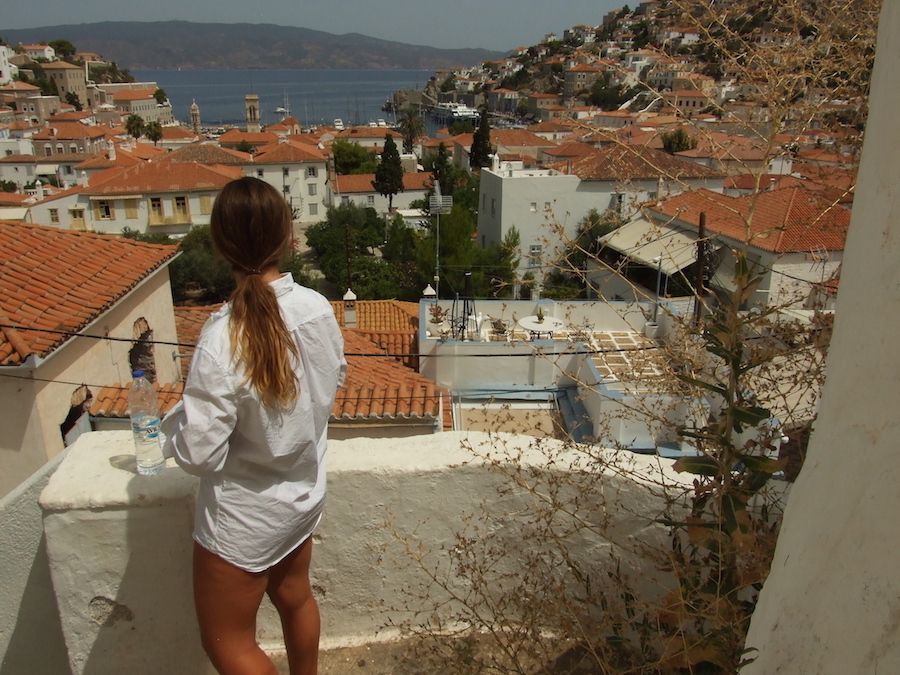 ... or explore the daily town...
... or explore the daily town...
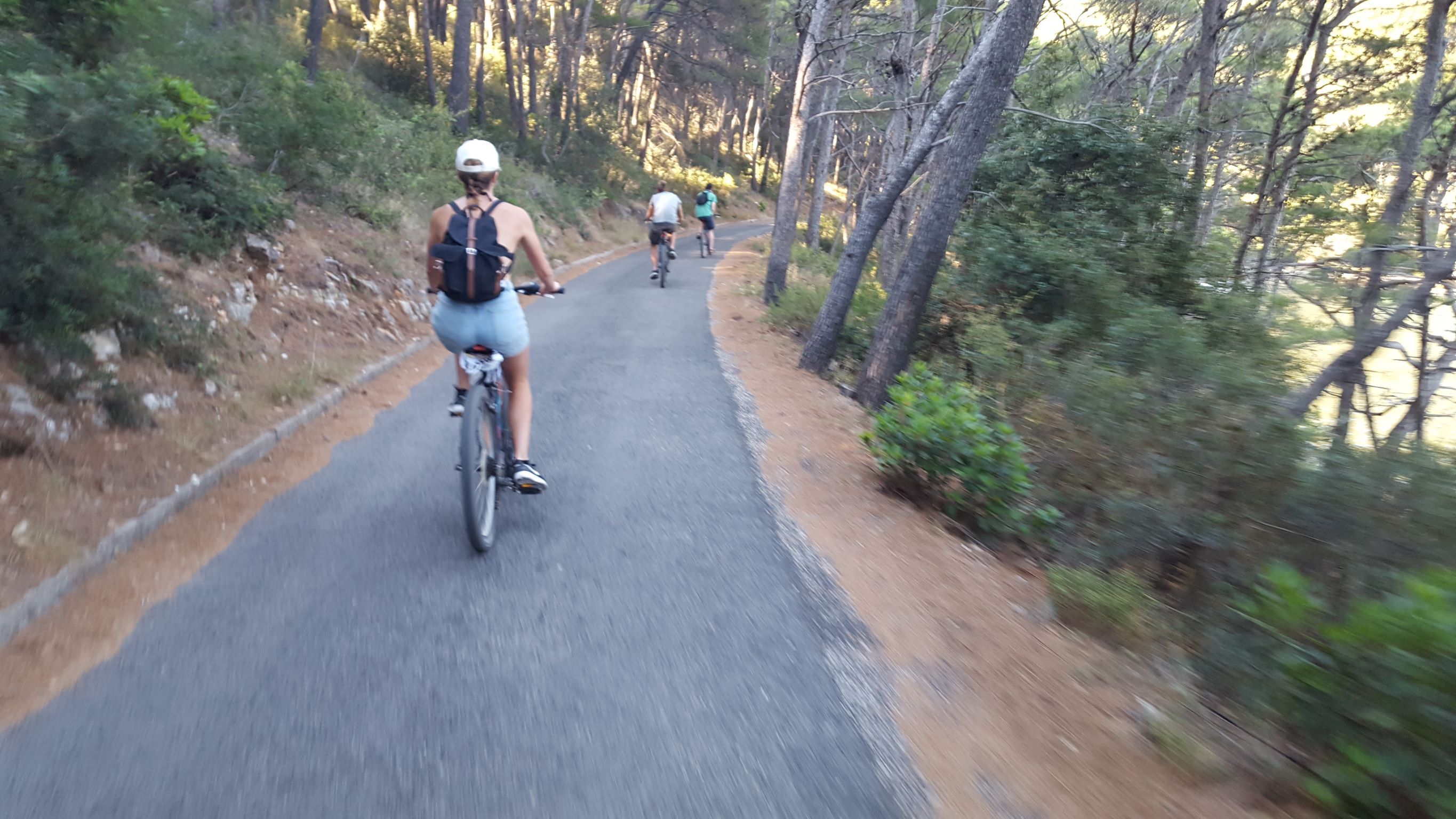 ...or cycle around while enjoying the nature.
...or cycle around while enjoying the nature.
Some other, most ususal, activities:
- Bicycle (or scooter, quad, car) rental for town and island exploration
- Hiking
- Exploring caves, lakes, waterfalls, cliff jumping spots...
- Visiting antique site, settlements, queries...or shipwrecks
- Photography wise, the locations are offering more than enough... magnificent landscapes or the sunset 'golden hour' for example...
- Getting to know the islands with local guides
- Shopping or paying visits to art galleries and workshops
- Discovering regional tastes of food and spirits in local tavernas or gourmet restaurants
- Visiting local production farms and facilities (olive and oil, goat or sheep farms...)
- Doing a bit of extra sports (diving, yoga, wind or kite surfing...)
- Or just sitting around...in local cafes, squares, piers, fishing ports...
Water fun
As enjoying the water is a particular pleasure when having yacht holidays and water toys available on board...
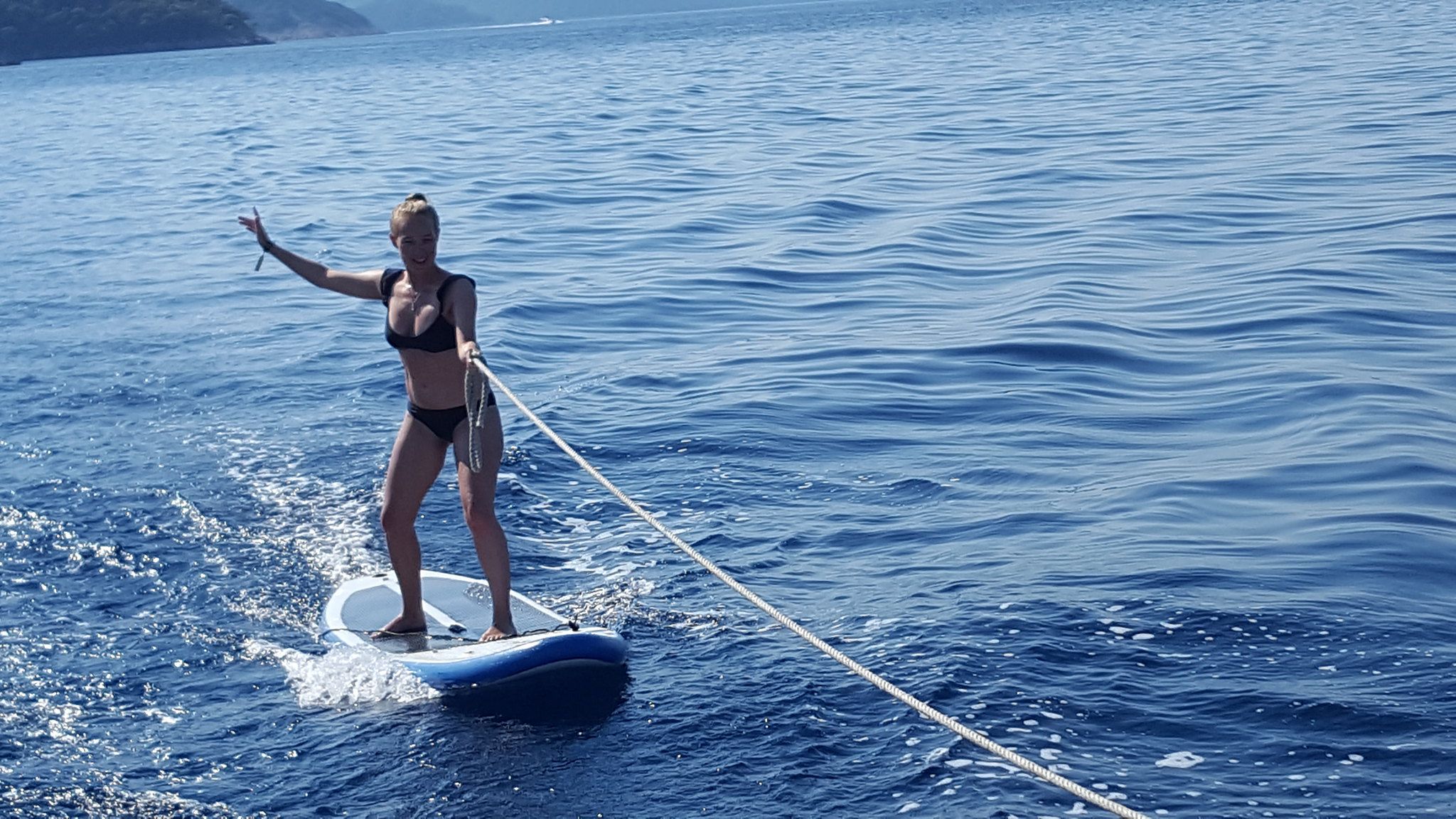 Calm sea and lack of wind can also have some advantages...
Calm sea and lack of wind can also have some advantages...
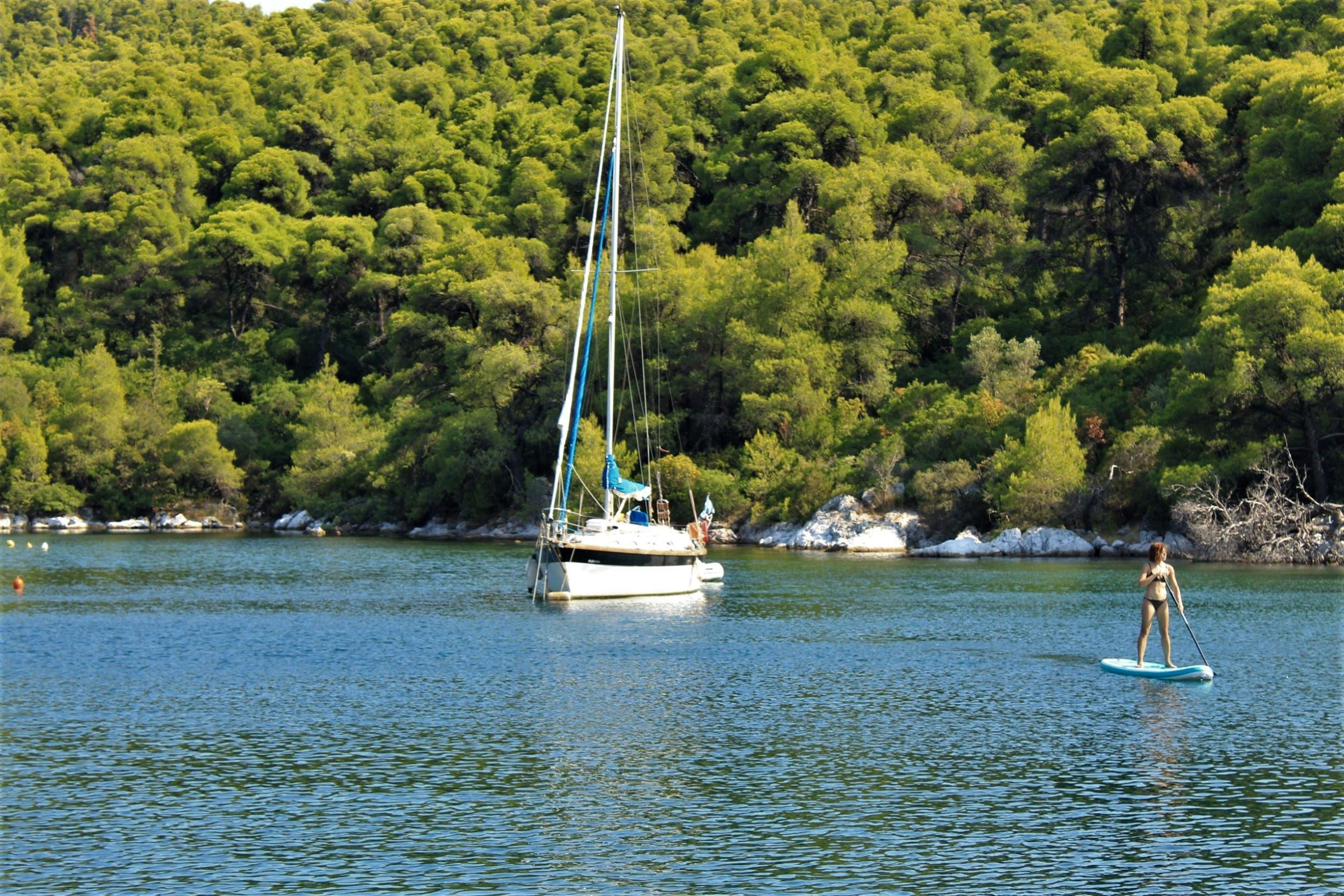 ...to practice the paddle board, for example...
...to practice the paddle board, for example...
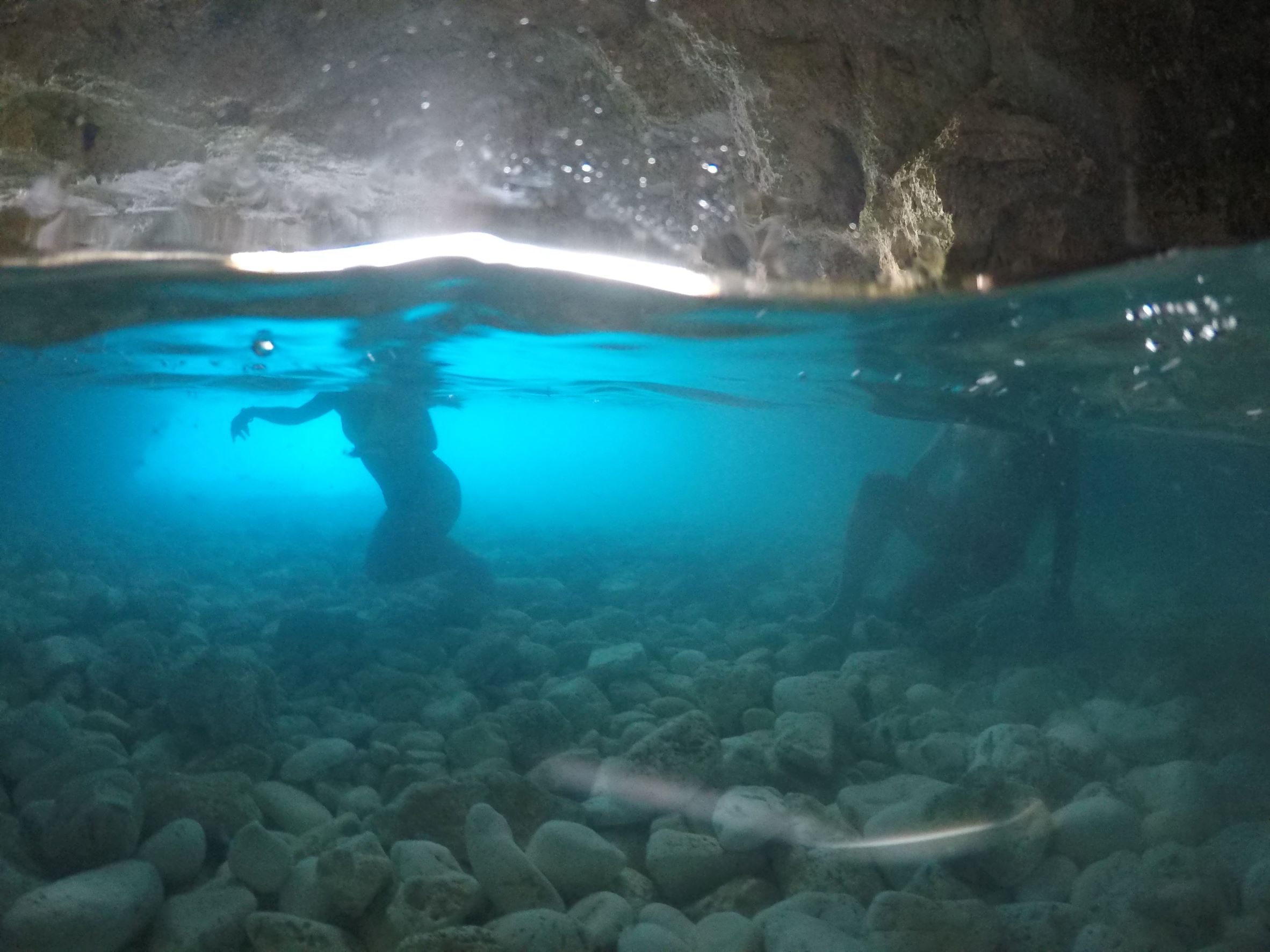 ...or explore caves...
...or explore caves...
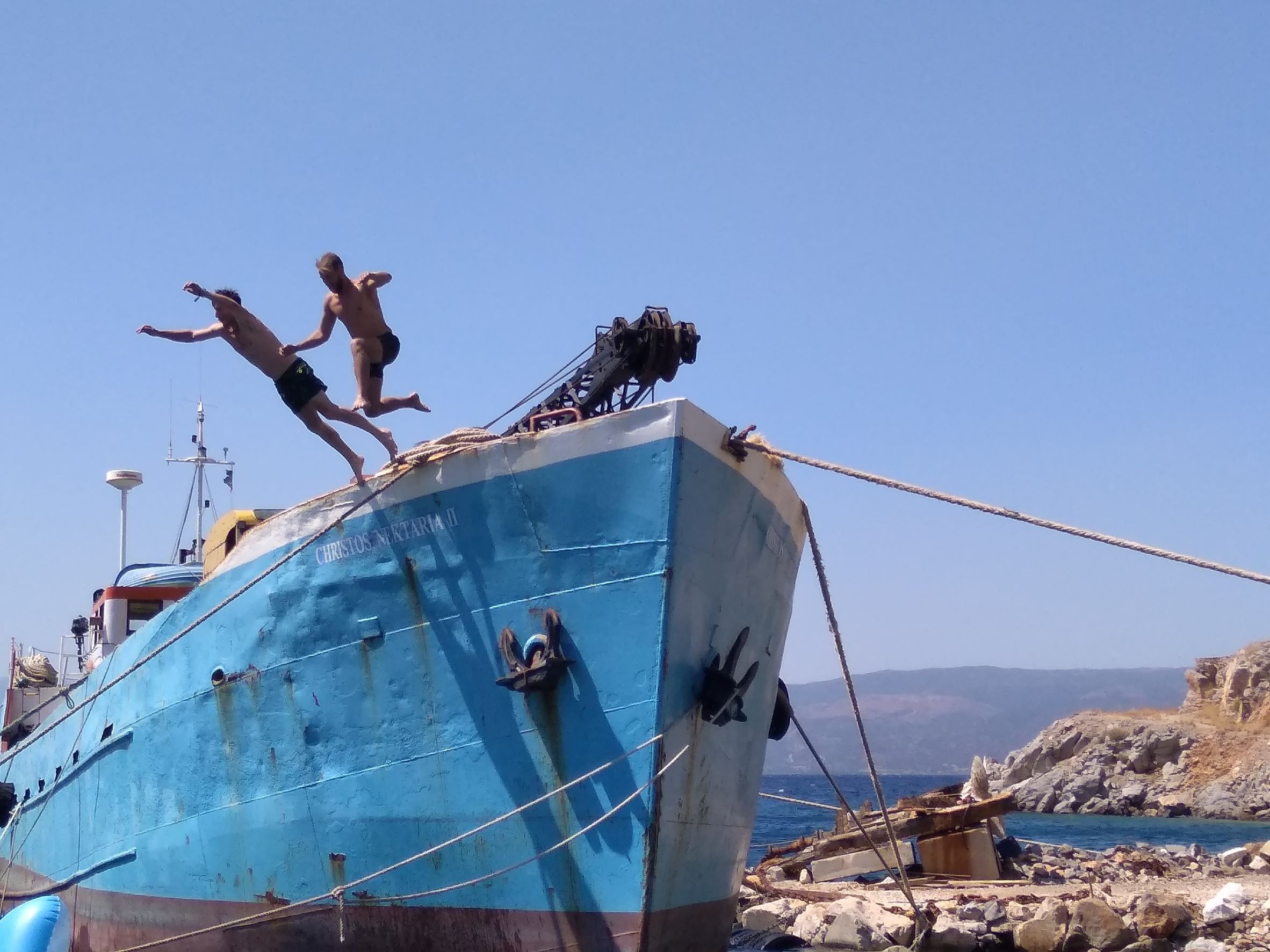 ...or enjoy cliff (or from whatever available source) jumping...
...or enjoy cliff (or from whatever available source) jumping...
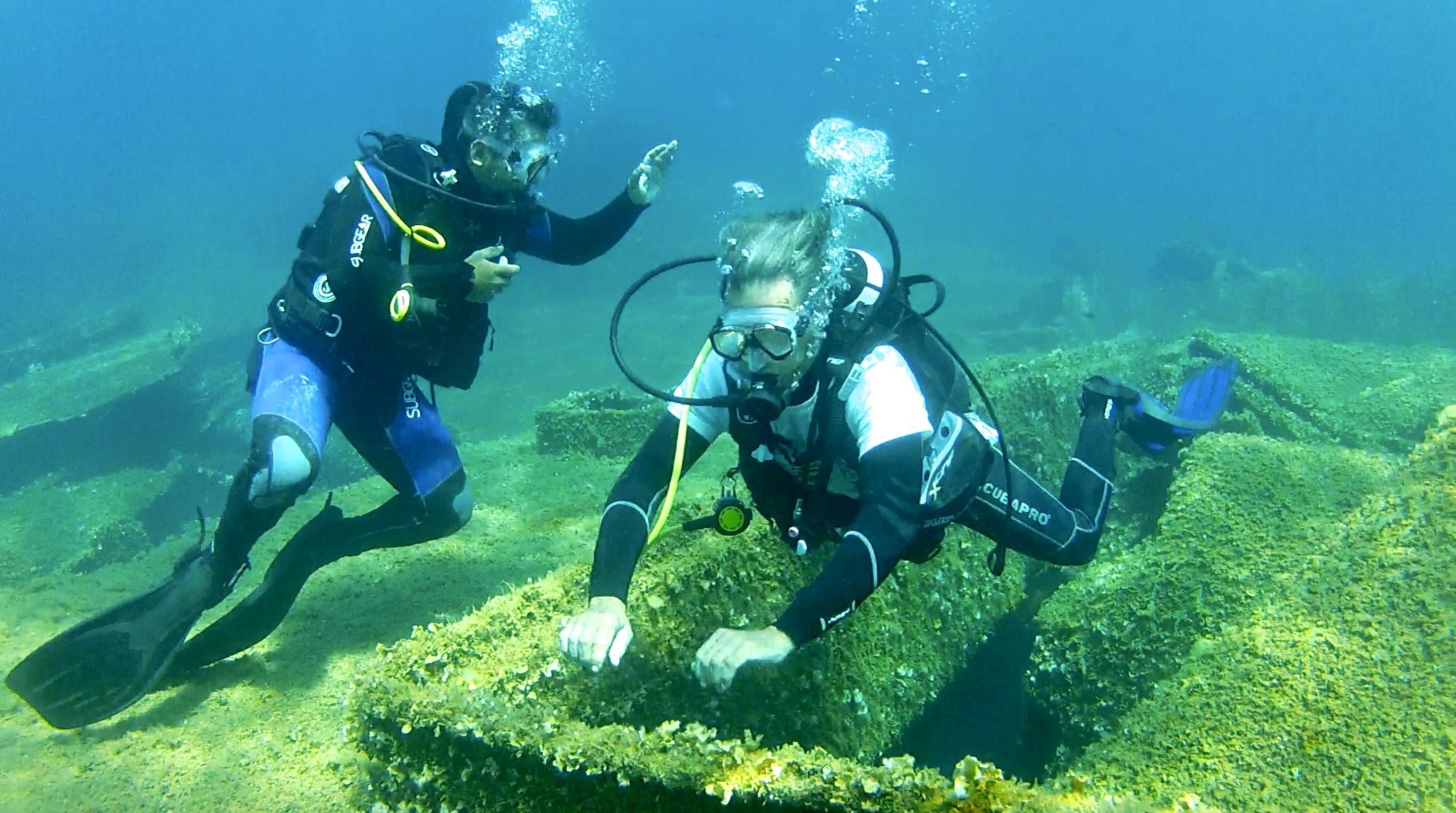 ...or get initiated to diving
...or get initiated to diving
Diving is, initially, a very regulated activity. It is even more so in Greece, due to special permissions. If you are interested in scuba diving, make sure you inform us well in advance, so we can book spots with diving centers to match our journey dates.
Chillin'
Relaxing is, after all, a major part of any vacations...
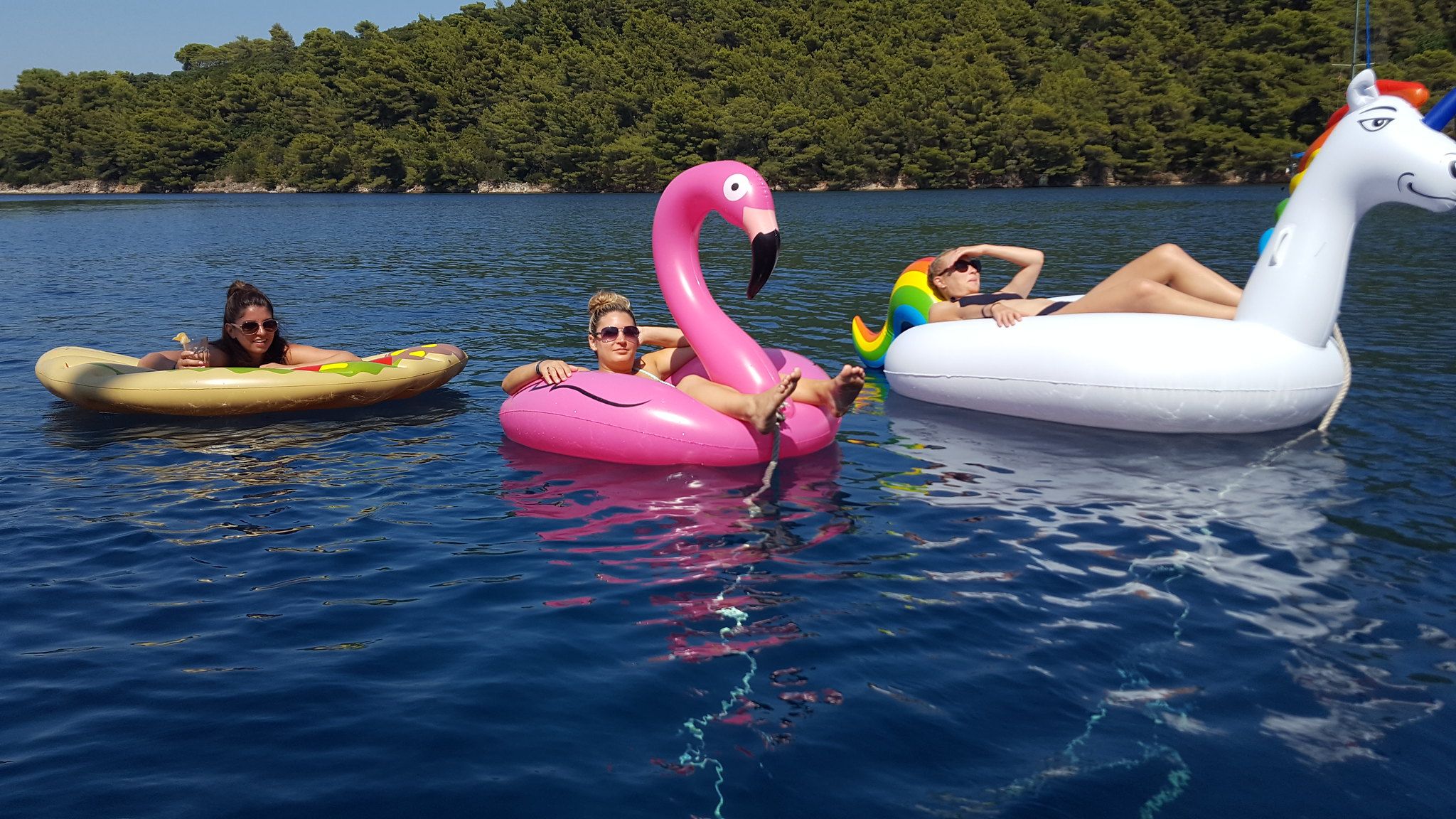 Whether on water...
Whether on water...
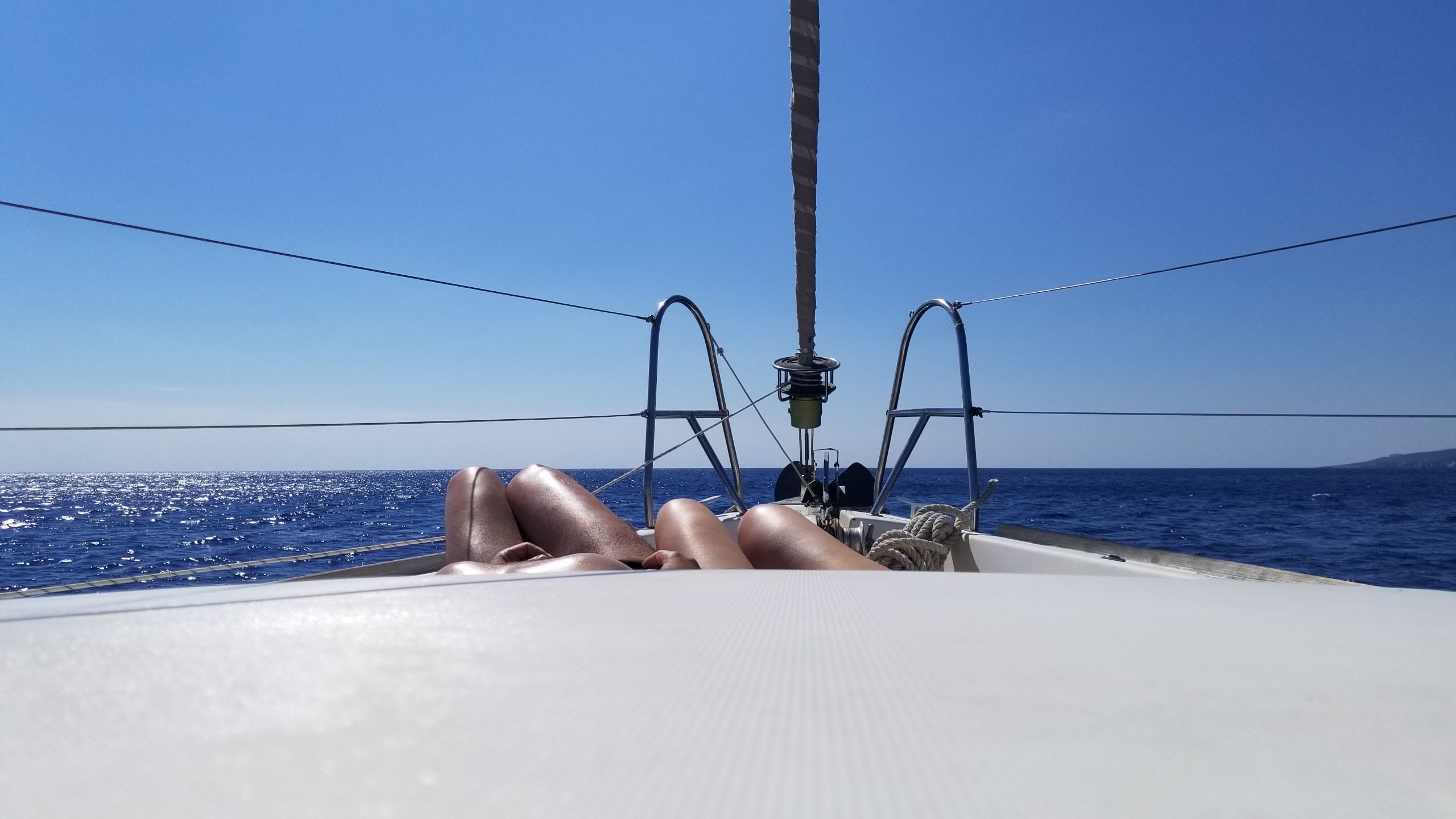 ... on deck ...
... on deck ...
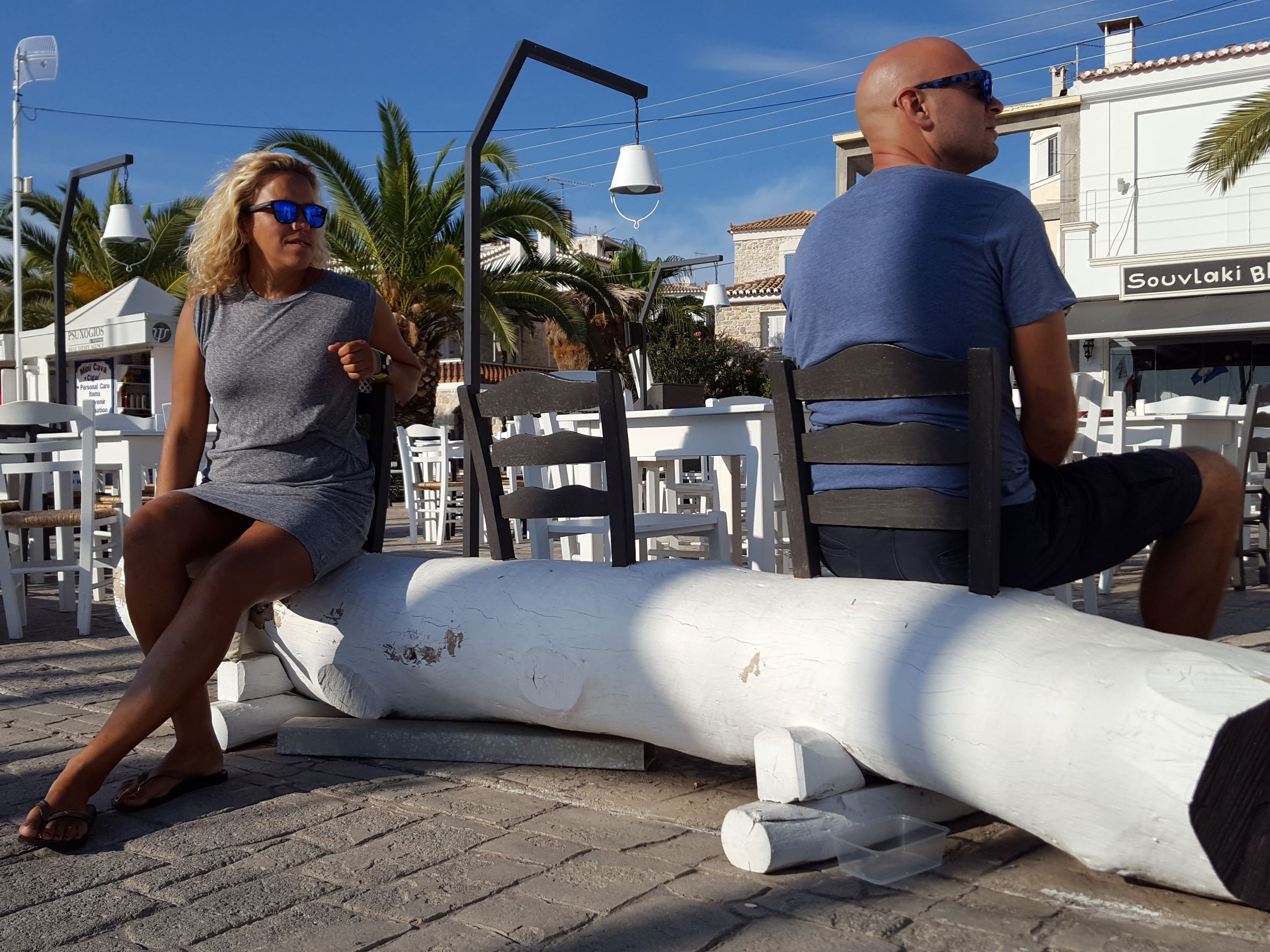 ... or on land
... or on land
Wild life
Whether fully wild or domesticated, there is a number of our various friends that we can encounter on our route, on land (donkeys, mules, goats, horses, dogs, cats...), in air (seagulls, birds), in water (daulphins, seals, turtles, jellyfish...), or somewhere in between (flying fish). Please note that you are not suppose to approach or touch some of the wild life, as seals can be particularly dangerous, turtles extremely protected, while it can be painful to hang around some jellyfish types. If in doubt, ask the skipper for further explanations.
This route, Skiathos-Mykonos is stopping at the island of Skyros, where a rare and endangered horse breed lives, the Skyrian pony. It is said that it dates from ancient times.
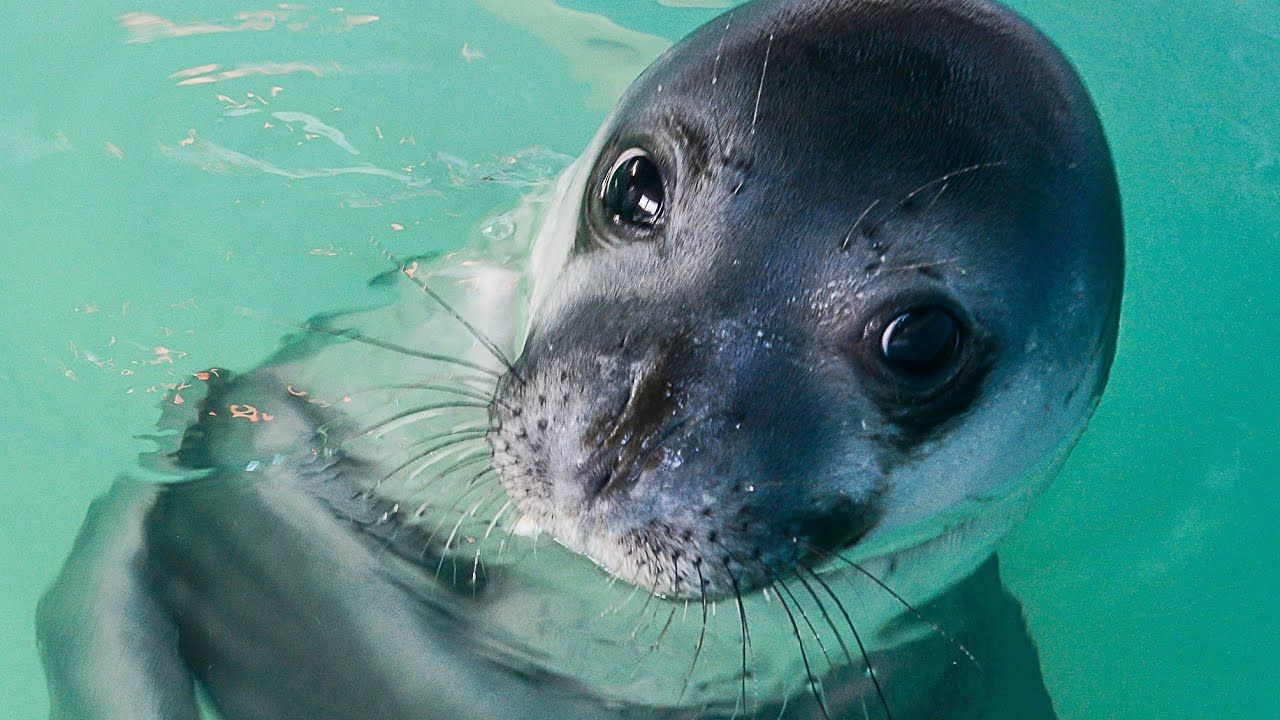 Monk seals (do not approach them on your own...)
Monk seals (do not approach them on your own...)
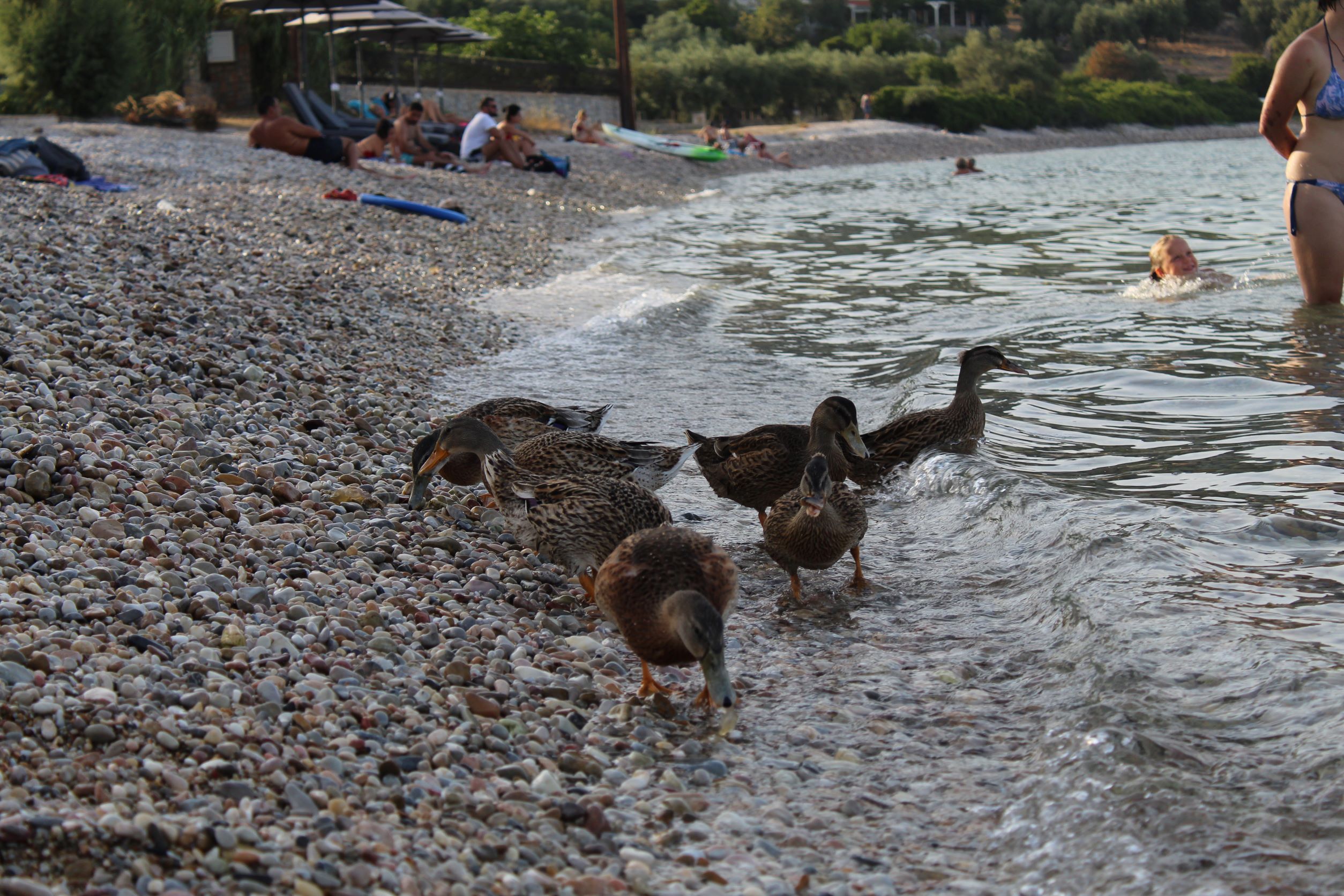 Sharing the beach with an unexpected family
Sharing the beach with an unexpected family
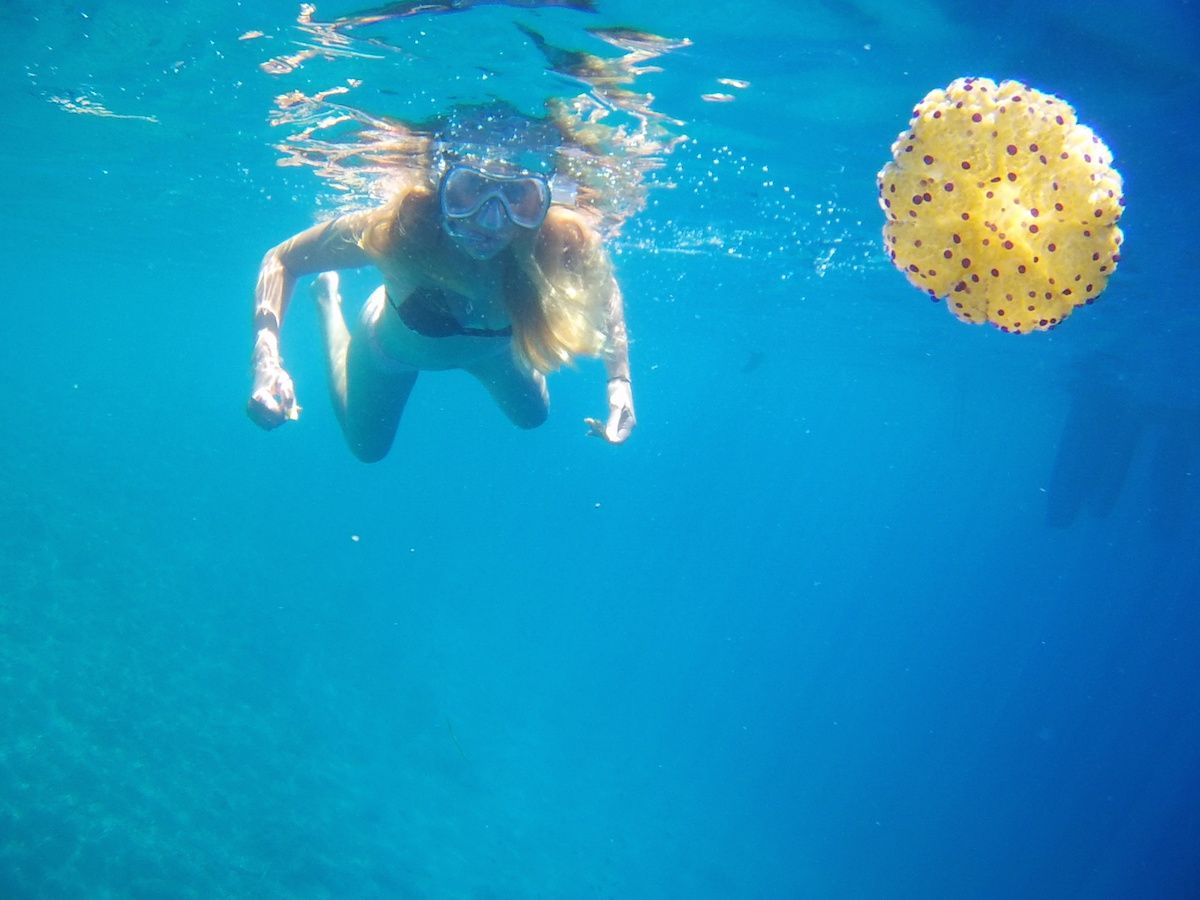 Non dangerous jellyfish
Non dangerous jellyfish
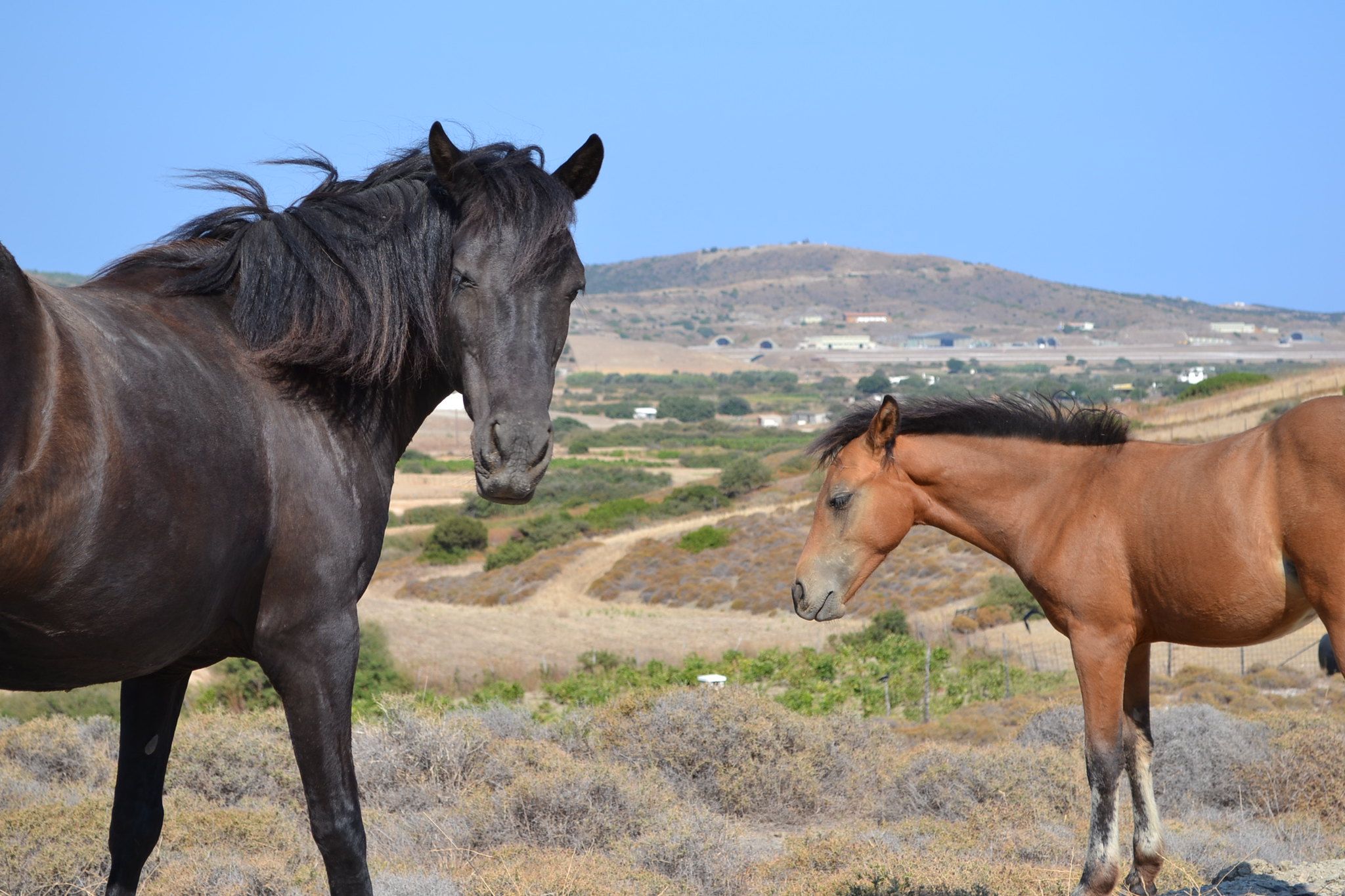 The ancient Greek horse from Skyros
The ancient Greek horse from Skyros